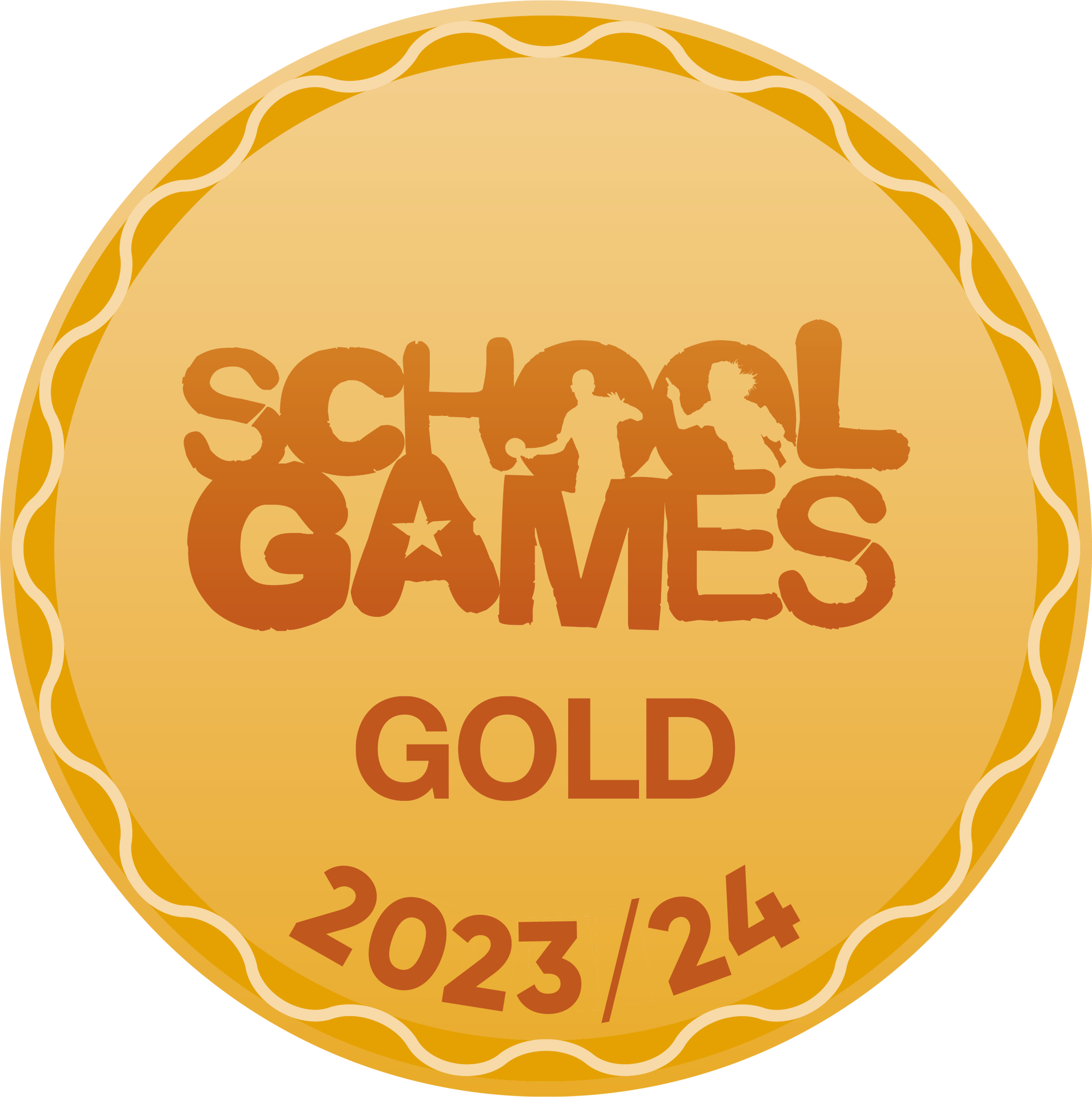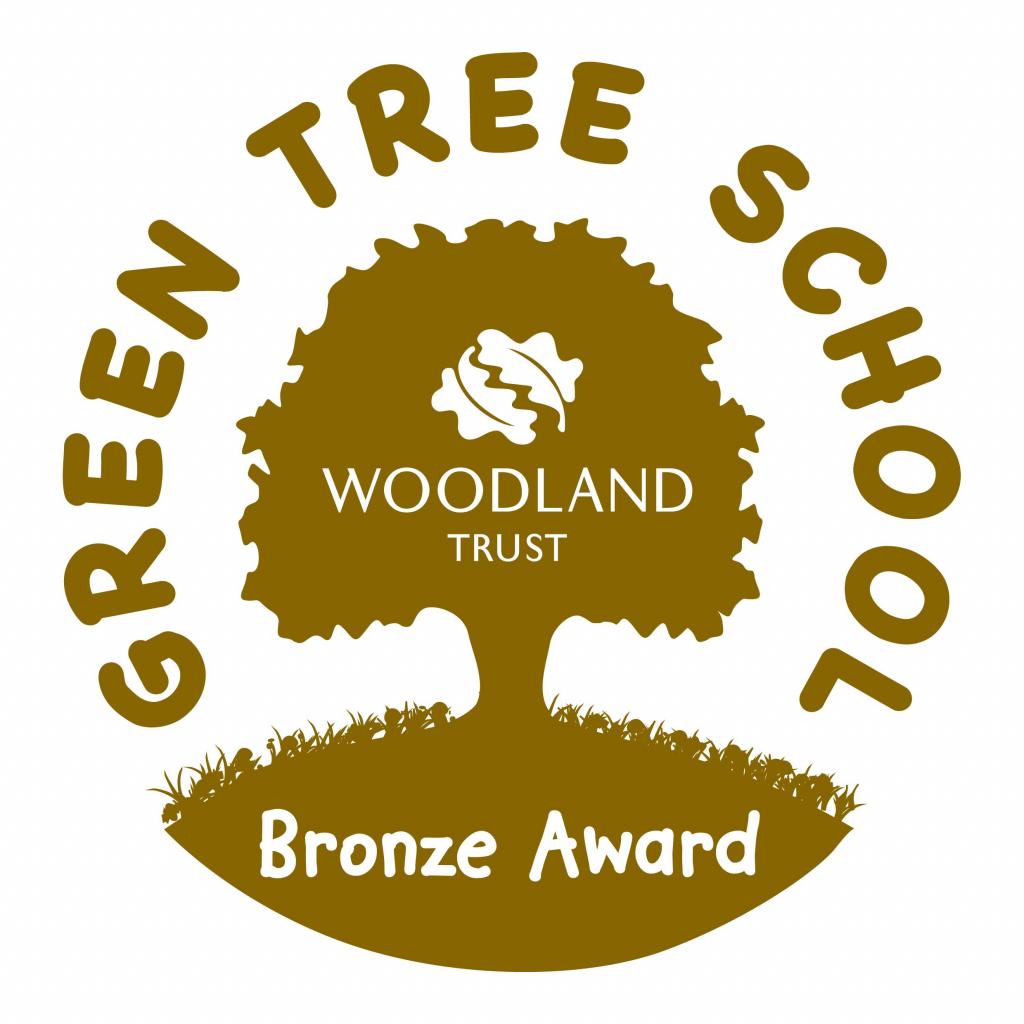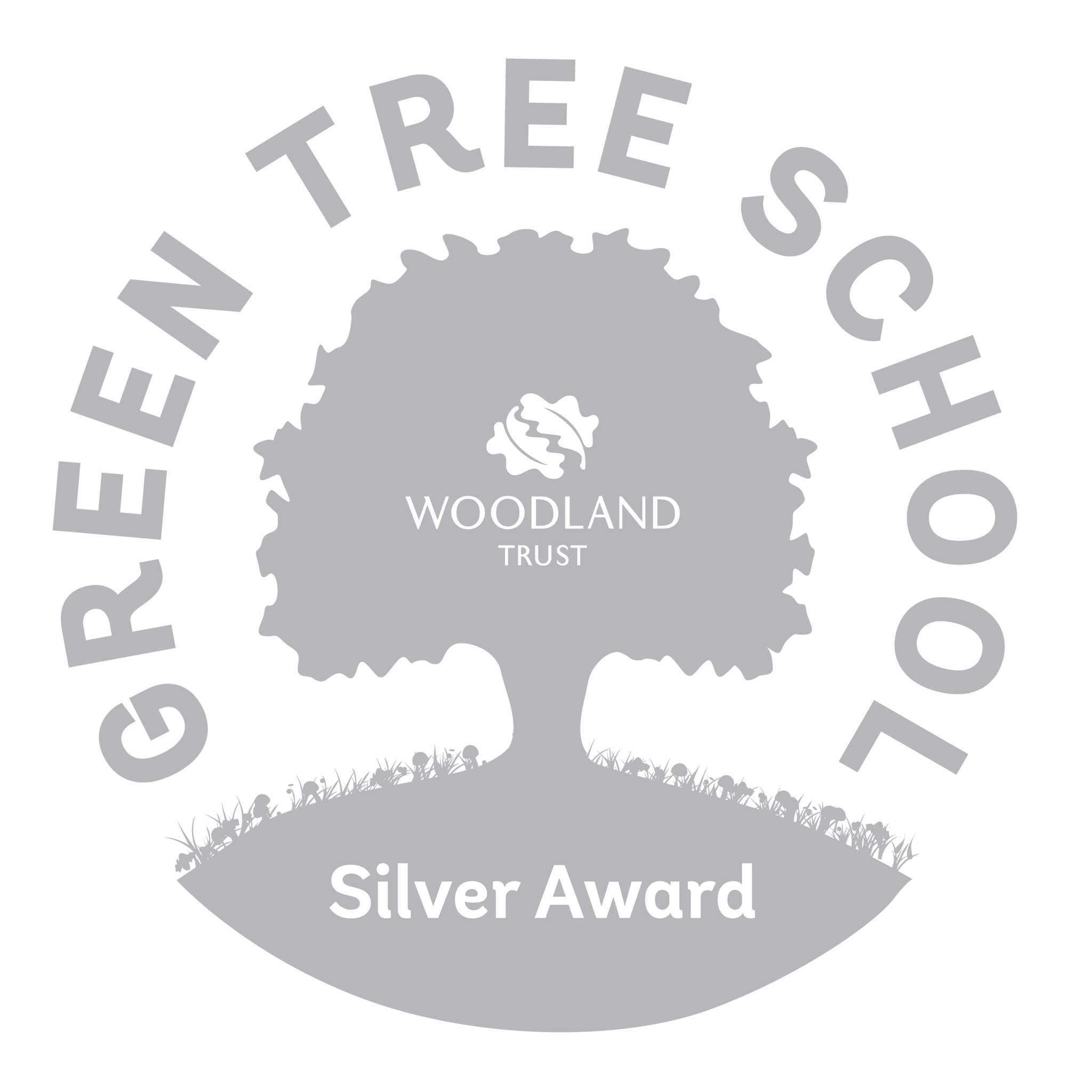Thornton-In-Craven History
Subject Leader: Miss Suzie Brown
Introduction
At Thornton-In-Craven Primary School we recognise the importance of History and its role in enabling our children to gain knowledge and understanding of the past within our locality, our country and the wider world. Through this knowledge they will gain understanding of the complexity of people’s lives, the diversity of societies and the relationships between different groups. Children’s natural curiosity will be fostered by developing their skills in historical enquiry and equipping them to ask perceptive questions, weigh evidence, and develop their own perspectives. The EYFS and National Curriculum will provide a structure and skill development for the history curriculum taught throughout the school, which is linked into our knowledge based curriculum learning. We endeavour to ensure that the History curriculum we provide will give children the confidence and motivation to continue to further develop their skills into the next stage of education and adulthood.
History Curriculum Intent, Implementation, Impact Overview
Intent
The intent of our History curriculum is to deliver a curriculum which is accessible to all and that will maximise the outcomes for every child so that they know more, remember more and understand more.
As a result of this they will:
- develop an interest in the past and an understanding that enables them to enjoy all that history has to offer;
- Know and understand significant events in British history and appreciate how people’s lives have shaped the nation and how Britain has influenced and been influenced by the wider world;
- know and understand significant aspects of history of the wider world: the nature of ancient civilizations; the expansion and dissolution of empires; characteristic features of non-European societies.
- know and use subject specific vocabulary accurately in oral and written work.
- understand historical concepts such as continuity and change, cause and consequence, similarity, difference and significance and use them to support their own historical enquiries and presentations, including written narratives and accounts.
- develop skills in historical enquiry including use of evidence to make historical claims and comparing arguments and interpretations of past events.
- gain historical perspective by placing their growing knowledge into different contexts, understanding the connections between local, regional, national and international history; between cultural, economic, military, political, religious and social history; and between short and long term timescales.
Implementation
EYFS
The EYFS Curriculum for Understanding the World: Past and Present is taught in a variety of ways through adult-led and adult-supported tasks and child initiated learning in well resourced provision areas, both indoors and outdoors.
A clear and comprehensive scheme of work in line with the National Curriculum is in place involving a rolling 2 year programme. This ensures that all key topics are covered and supports the progression of skills across our mixed age classes. Our long term plan is designed to facilitate making links between periods, people and places in history, building on children’s previous learning and enabling them to gain a deeper historical perspective. Incorporating local historical figures, places and events (e.g. Hilda of Whitby, Clitheroe Castle and The Pendle witches) encourages children’s historical interest in their local communities and supports them in making links between local, national and international history.
Children will gain knowledge and understanding of historical vocabulary. They will have access, through displays and lessons, to key vocabulary and readily apply historical terminology to written and verbal communication of their understanding.
Varied lessons will develop and engage historical learning
Children access and acquire learning through enquiry, using a variety of historical sources (primary and secondary). Enrichment activities are used to enhance learning by providing a real life historical context for the children’s classroom learning (For example: Visits to Yorvick and museum workshops and artifact boxes, and learning walks around Thornton). Children are suppoorted in making links and understanding the broader context of periods and events through class timelines that build as they progress through school. The curriculum is organised to create links between different subjects, supporting different learning styles and providing a more holistic approach. .
Progression and assessment
EYFS
Regular observations and assessments are recorded using an on-line journal (Tapestry) and contribute to the summative assessment at the end of EYFS using the Early Years Outcomes for Understanding the World: ‘Past and Present'.
KS1 & KS2
Regular and ongoing observational assessments are made and recorded. The history topics are revisited regularly using sticky learning activities to ensure children have remembered what they have learned. The information from the teacher’s assessments contributes to an end of year summative assessment.
Impact
The vast majority of children will achieve age related expectations in History at the end of their cohort year.
- Children will have a chronological understanding and knowledge of events in the past.
- Children will be able to question ideas and reflect on this knowledge in order to organise and present their own perspective on historical events.
- Children will be able to learn lessons from history and relate it to their own lives.
- Impact will be reviewed through observations and assessments of pupils’ learning to identify how much knowledge and understanding they have gained and remembered over time.
Time Allocation:
History is taught in weekly lessons of 1 hour in three half term blocks (Geography is taught in thhe remaining three half term blocks)
The History Co-ordinator is responsible for:
- Monitoring the teaching and learning of History and to ensure that children know more, remember more and understand more about History.
- Overseeing and implementing the policy.
- Writing an annual action plan for The School Improvement Plan and evaluating progress throughout the year.
- Attending INSET and local Network meetings to provide staff with appropriate feedback.
- Attending regular courses to keep knowledge up to date and feedback to staff upon return.
- Membership of Historical Association-keeping up to date with developments in the teaching of primary history.
As a curriculum leader in History, recognise the importance to ensure that children with identified Special Educational Needs and/or Disabilities have access to an ambitious History curriculum. Within the curriculum area of History, SEND children will be provided with reasonable adjustments through their tasks and level of challenge provided. Advice can be sought from the school's SENDCO where applicable.

.jpg)

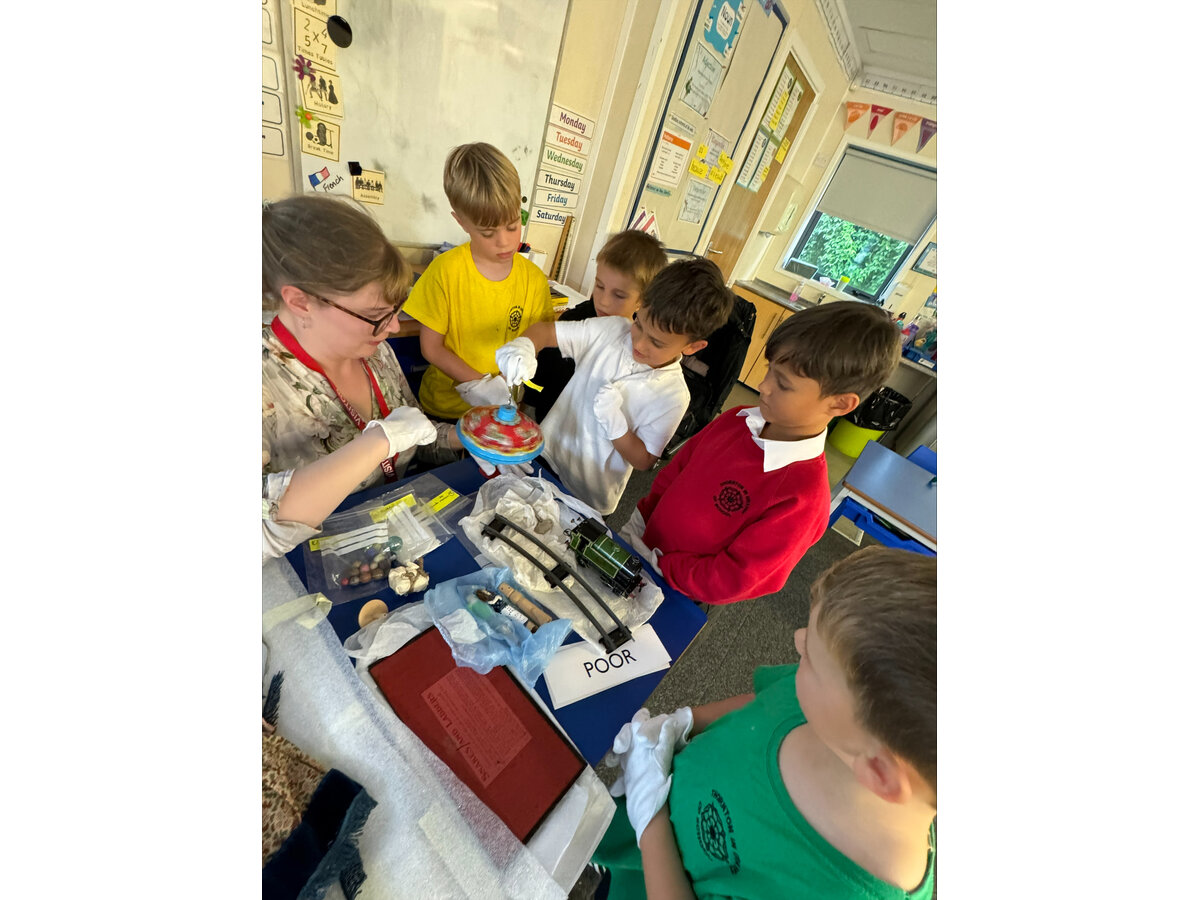
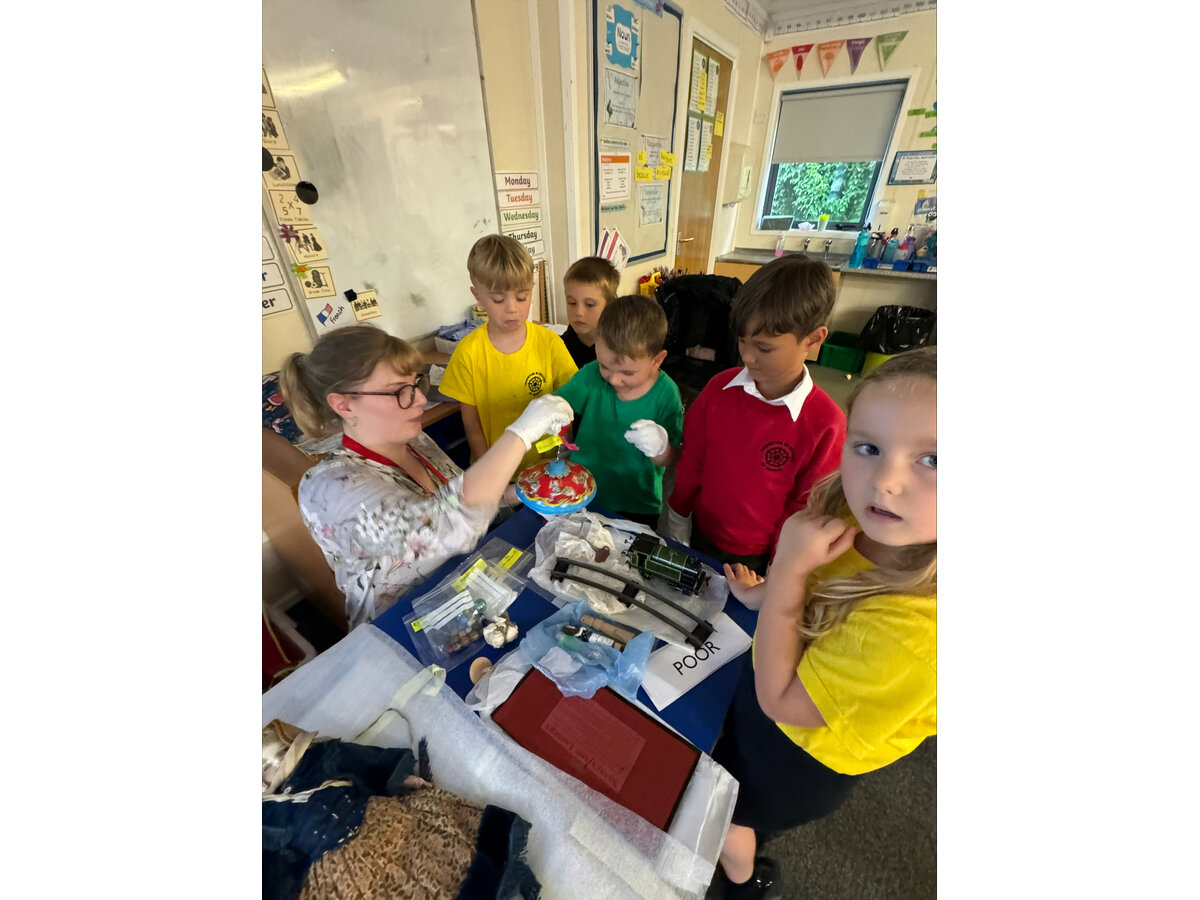
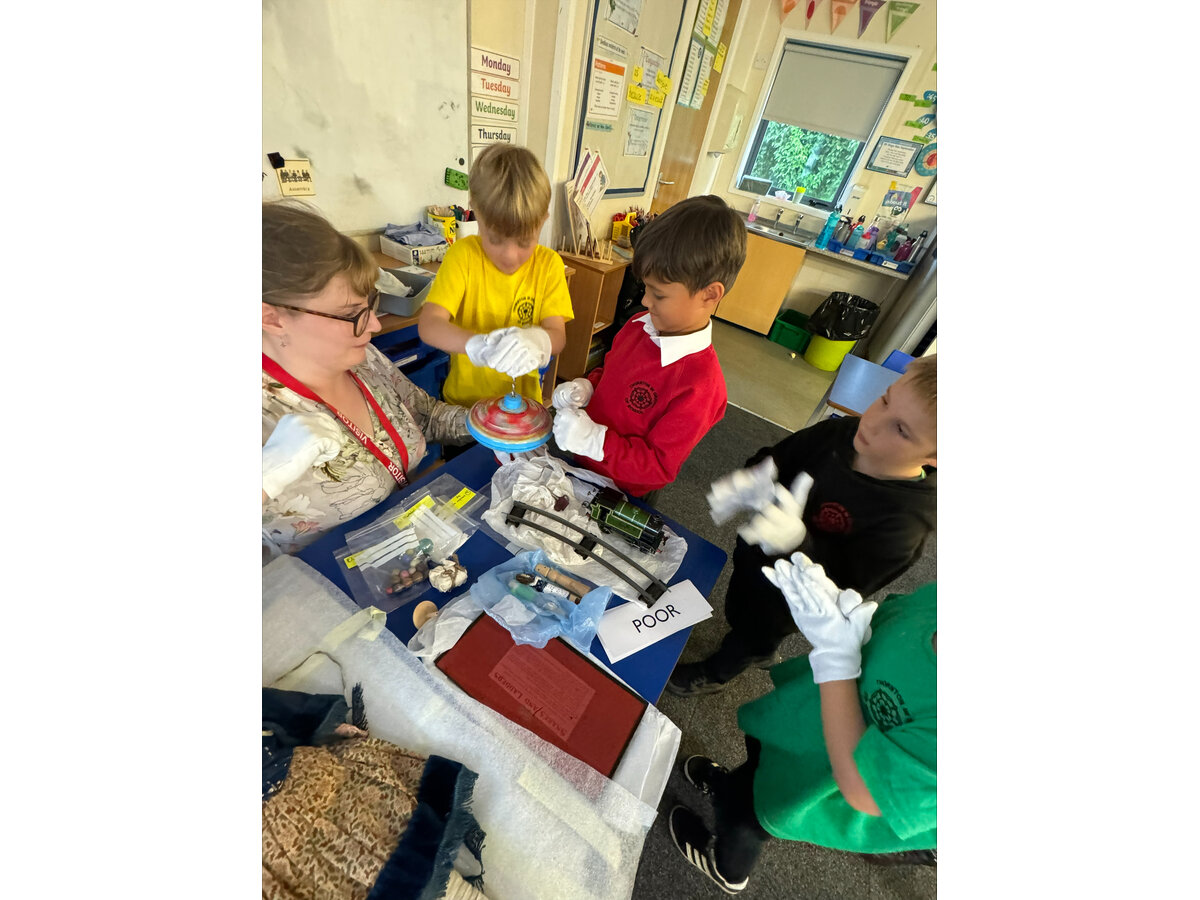
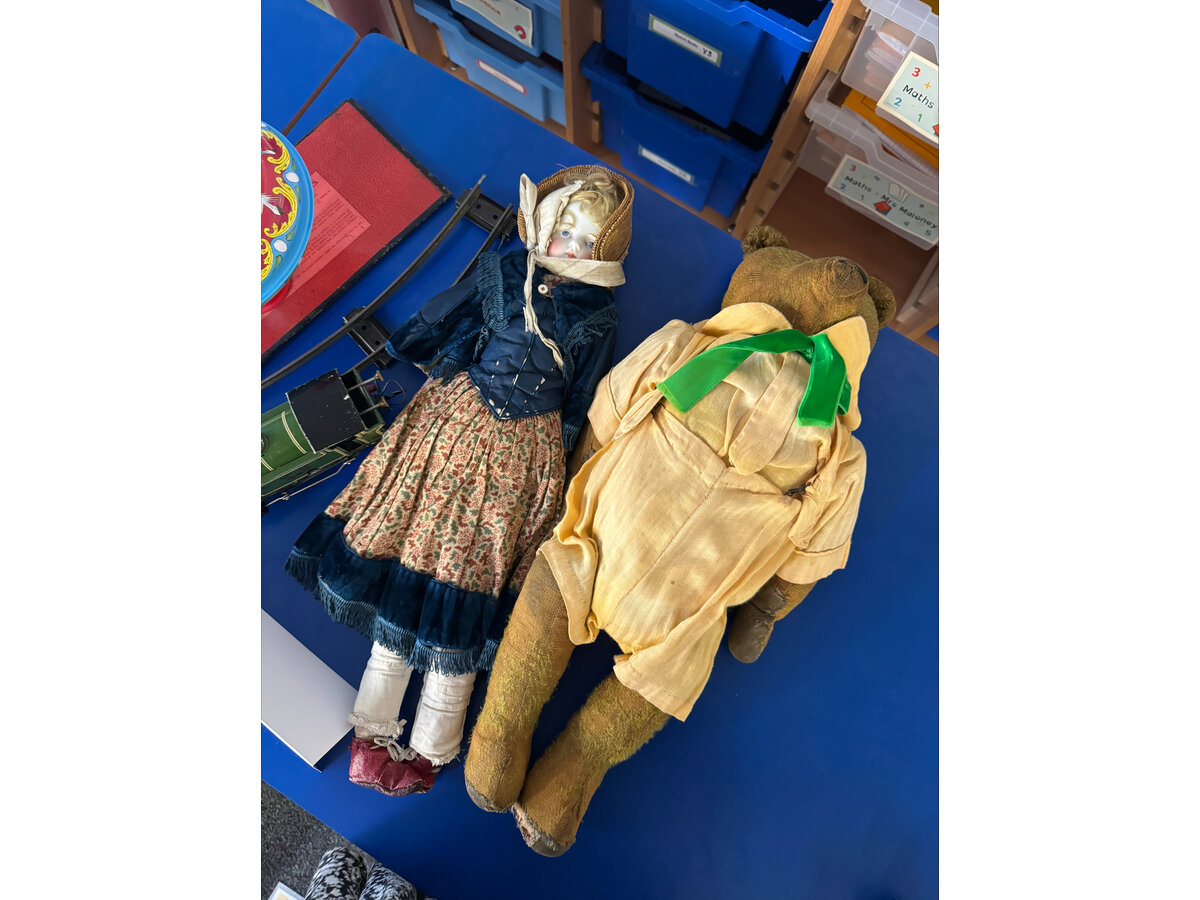
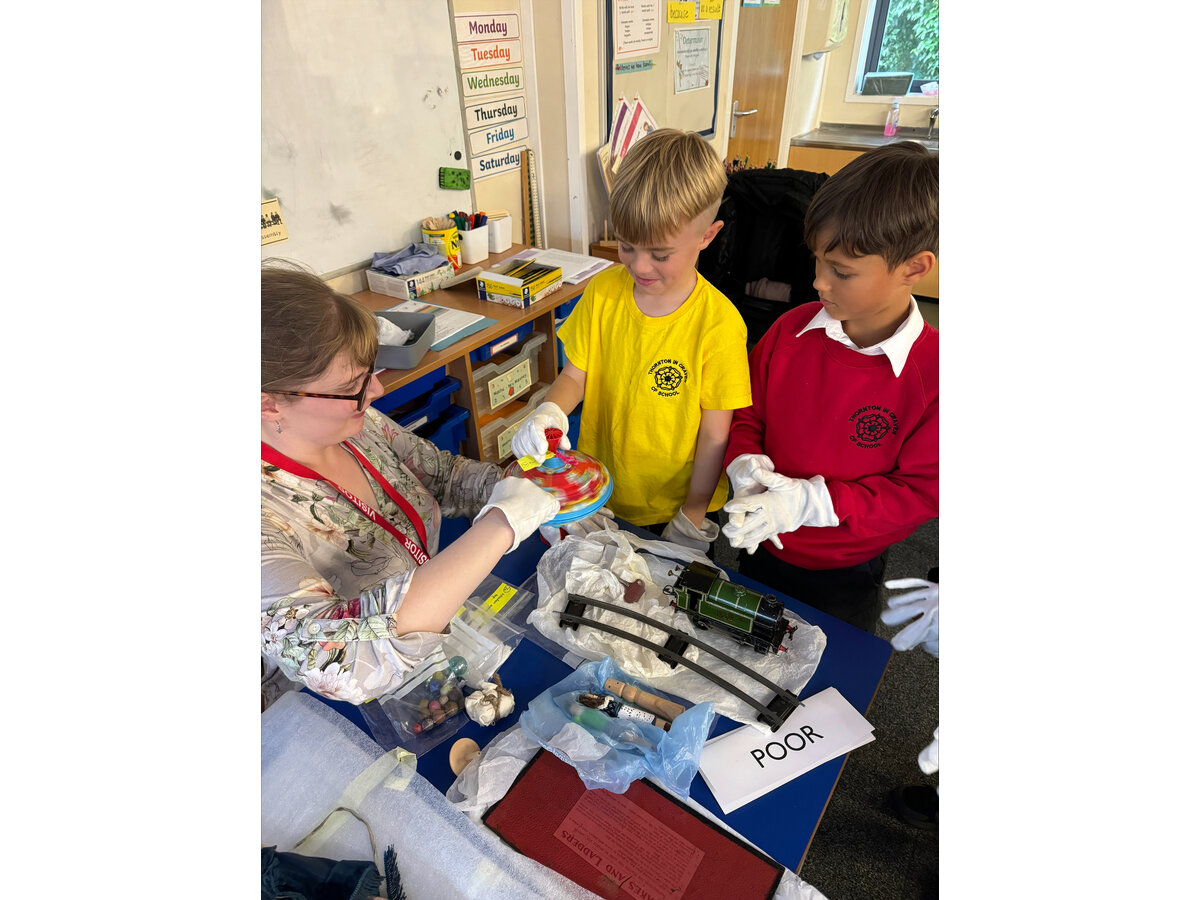
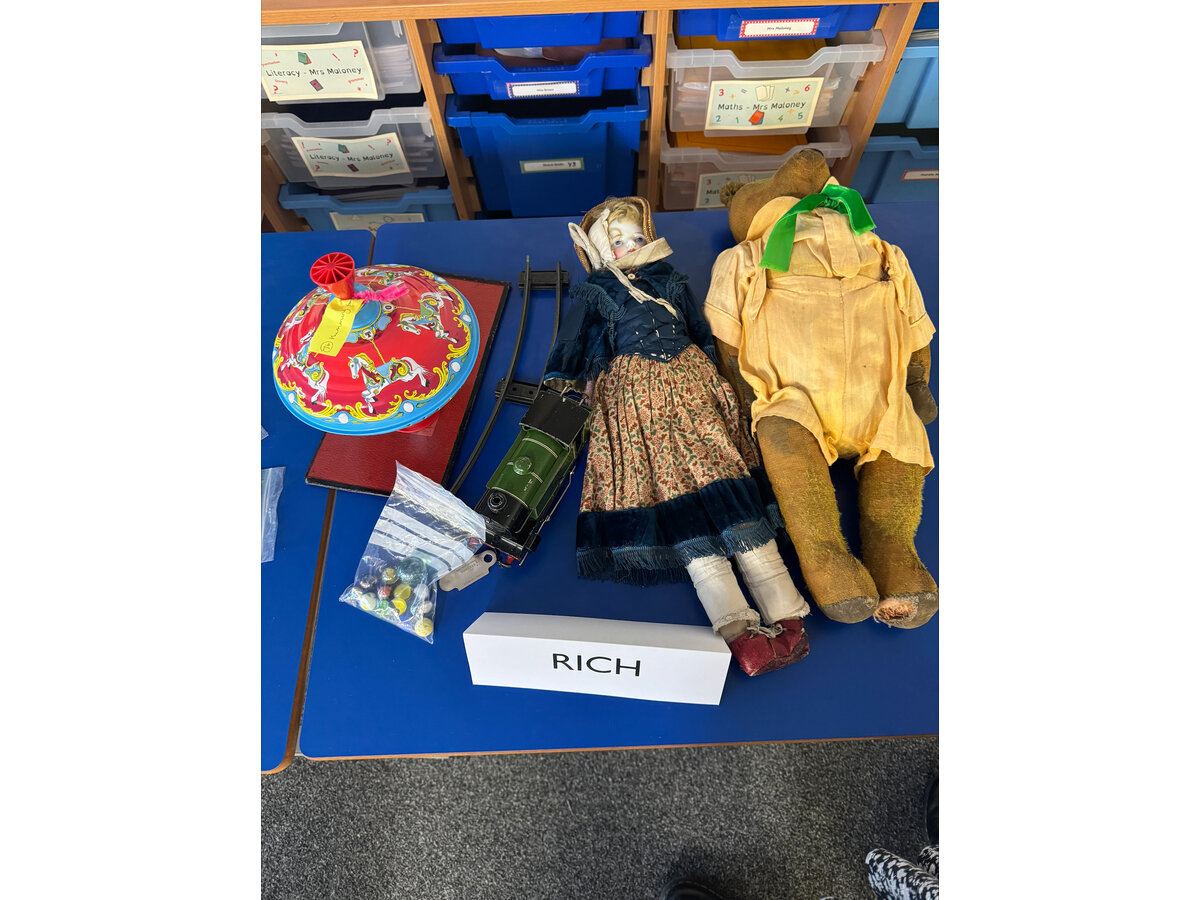
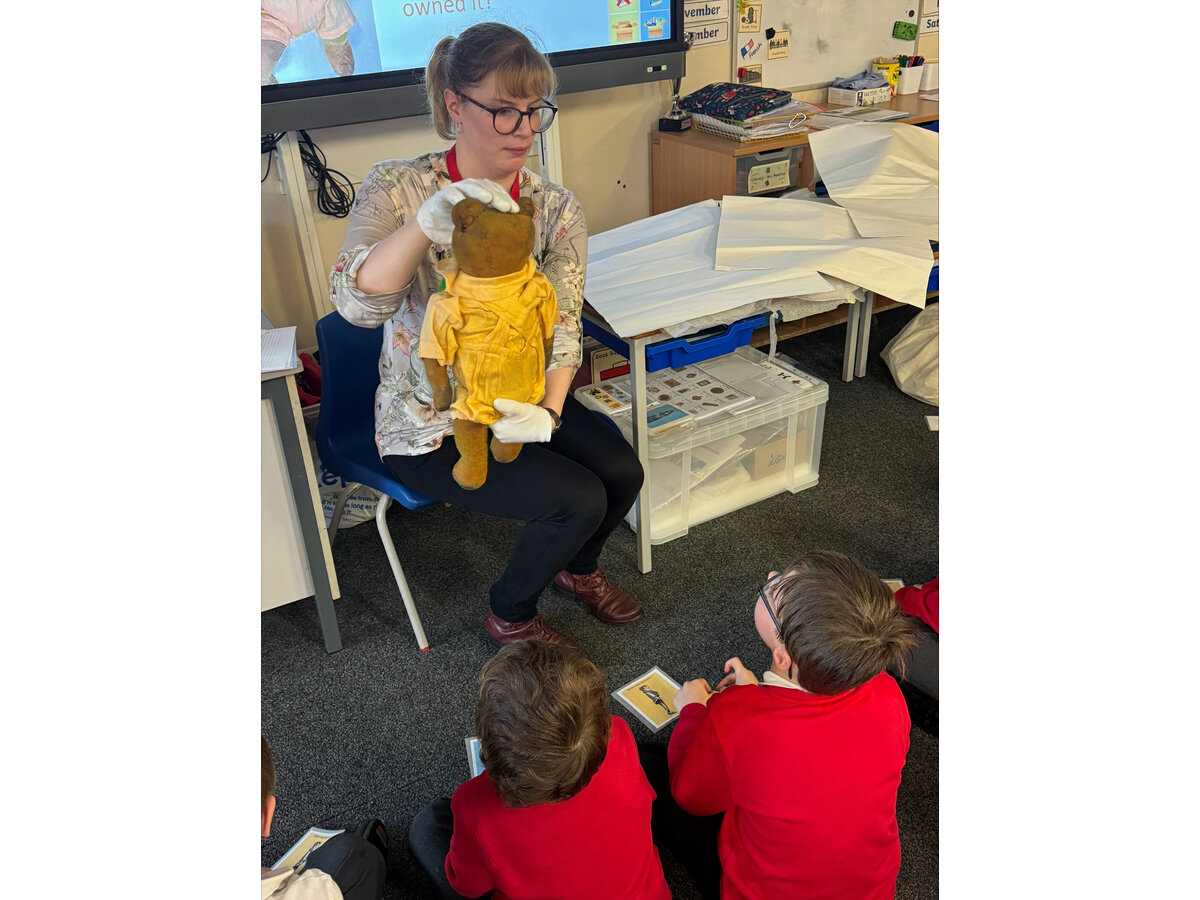
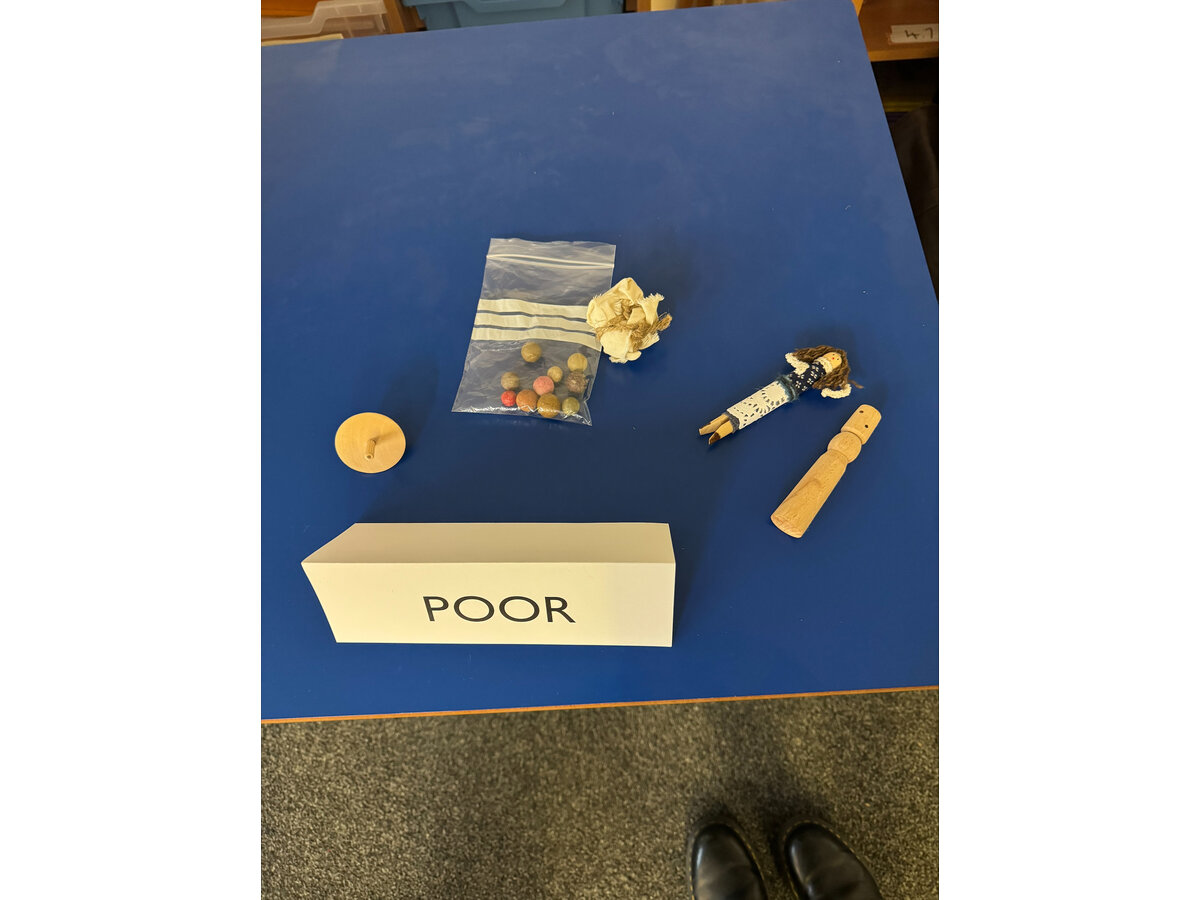
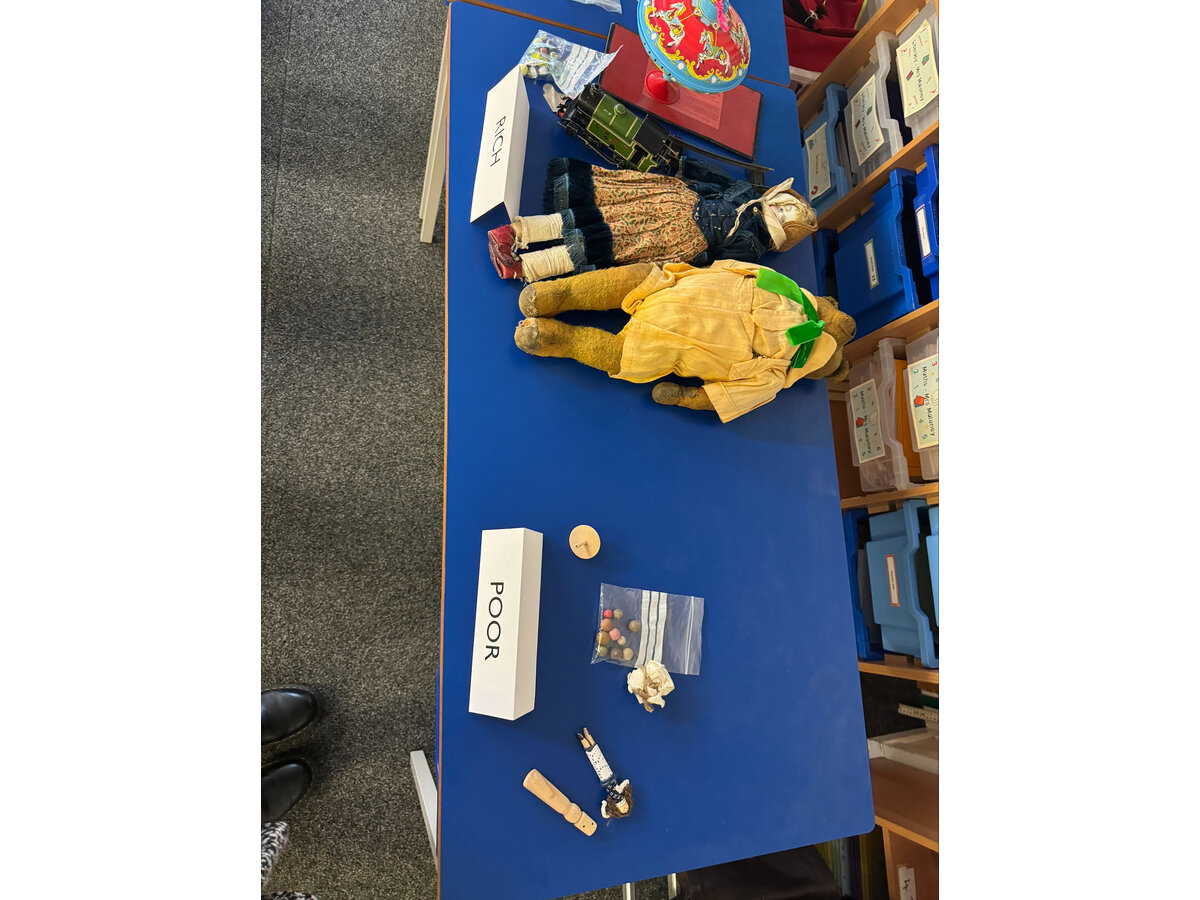
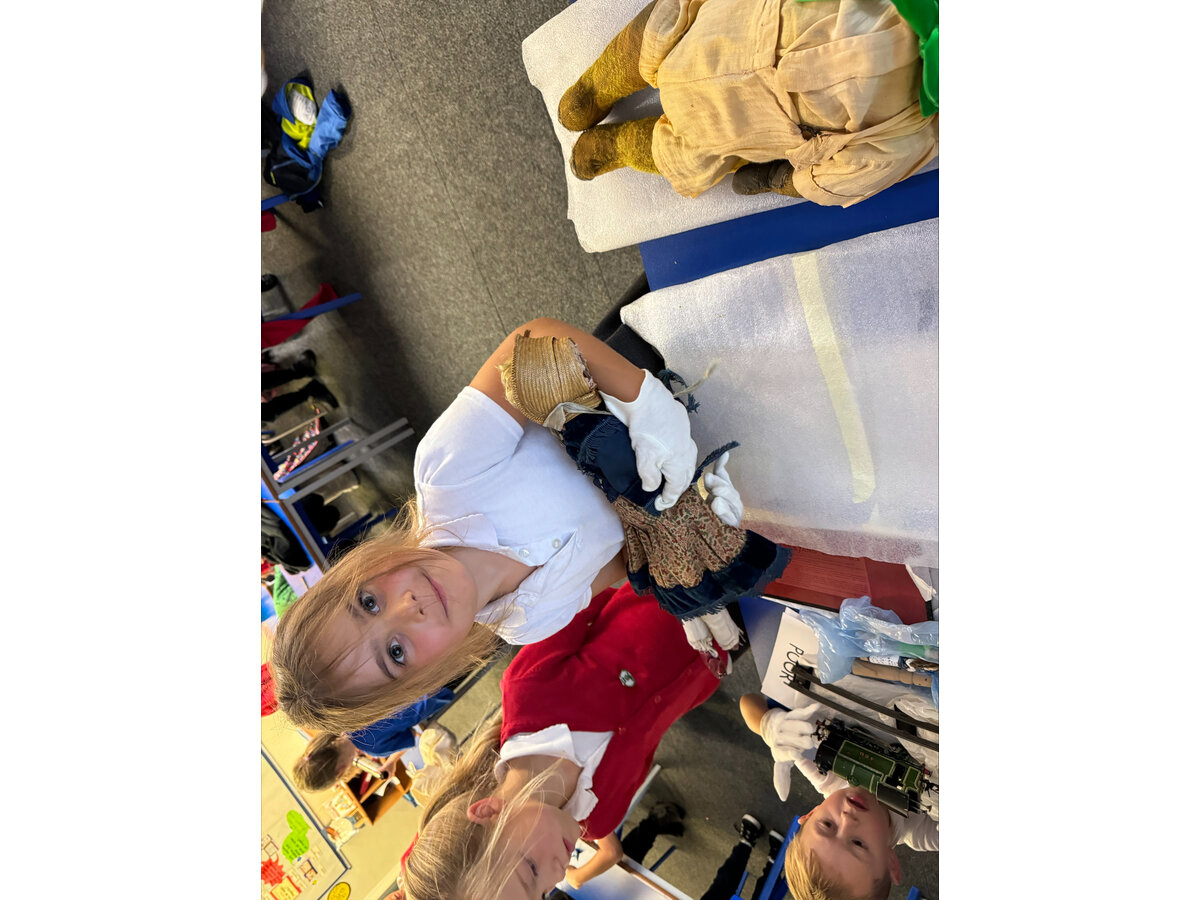
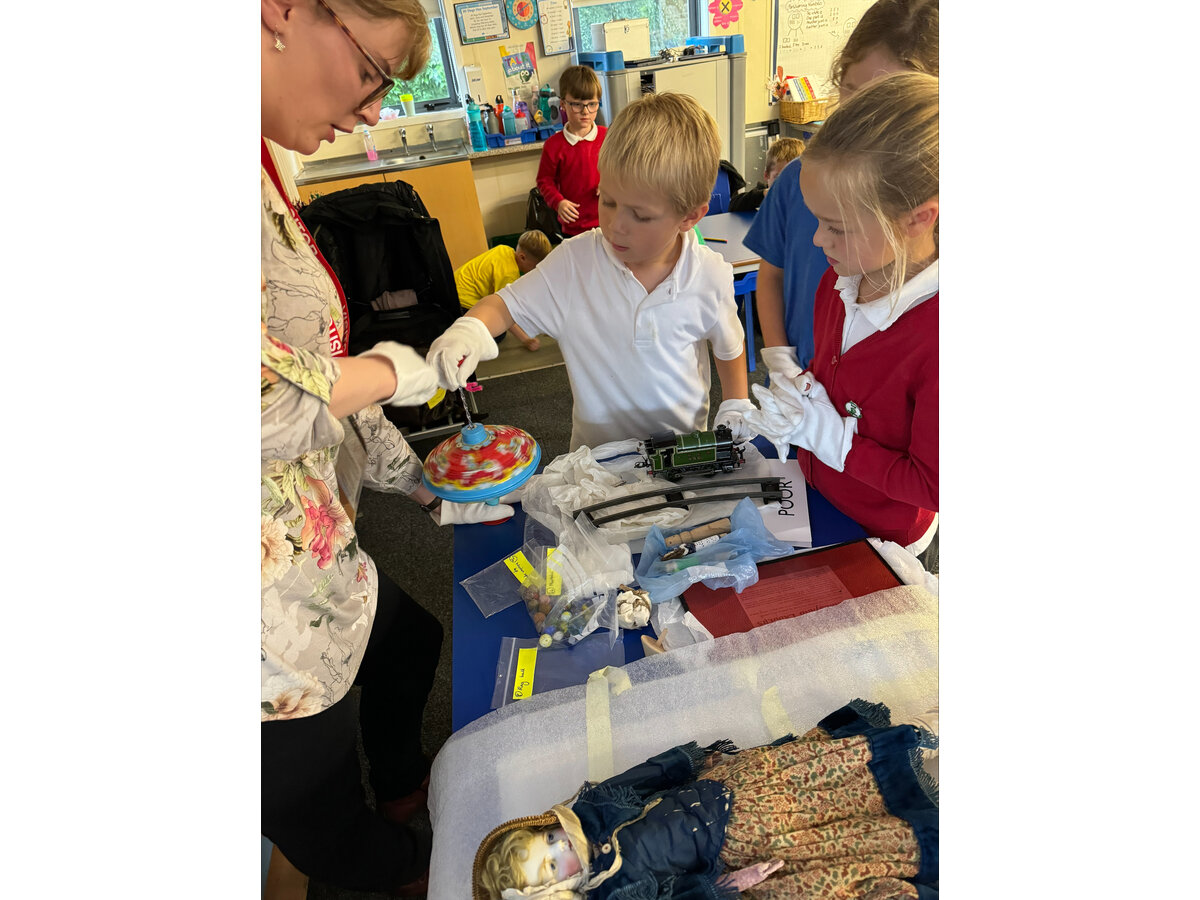
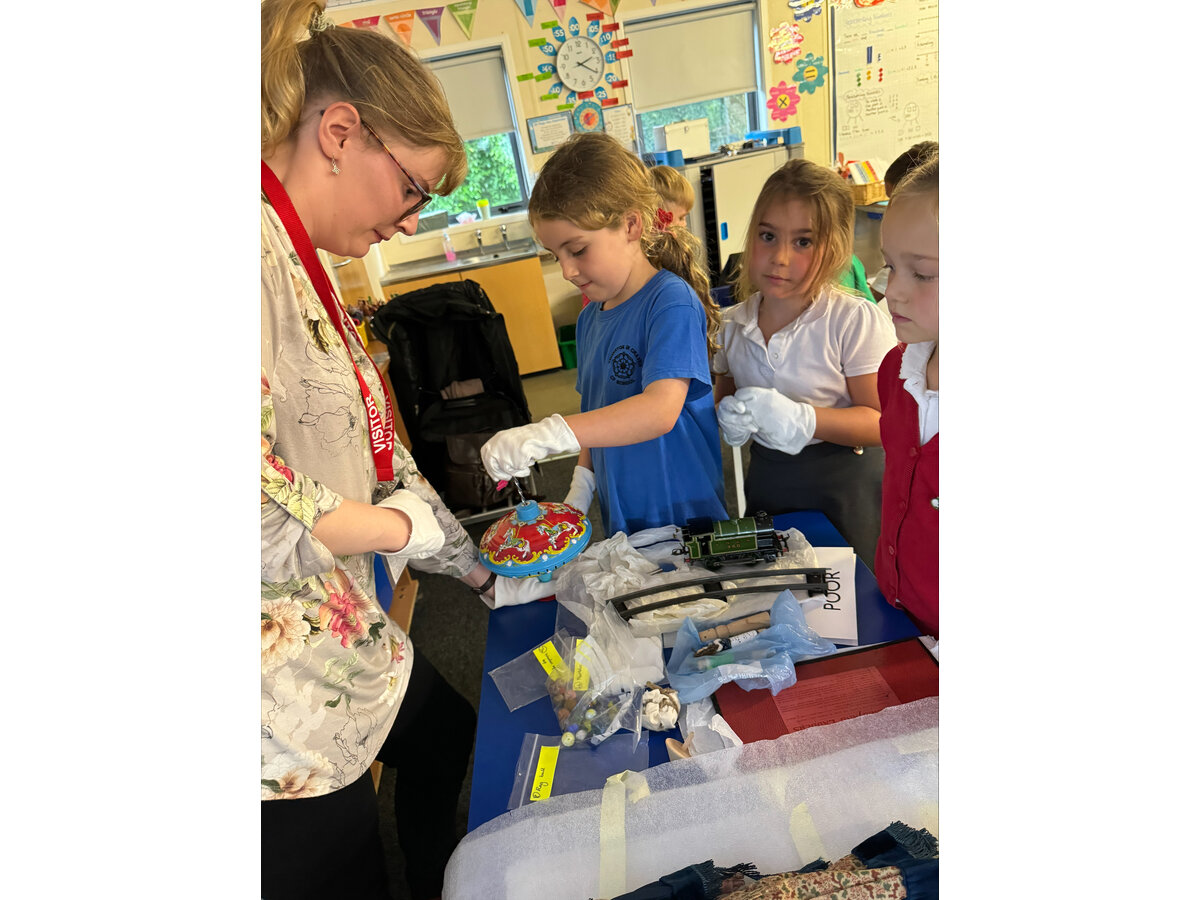
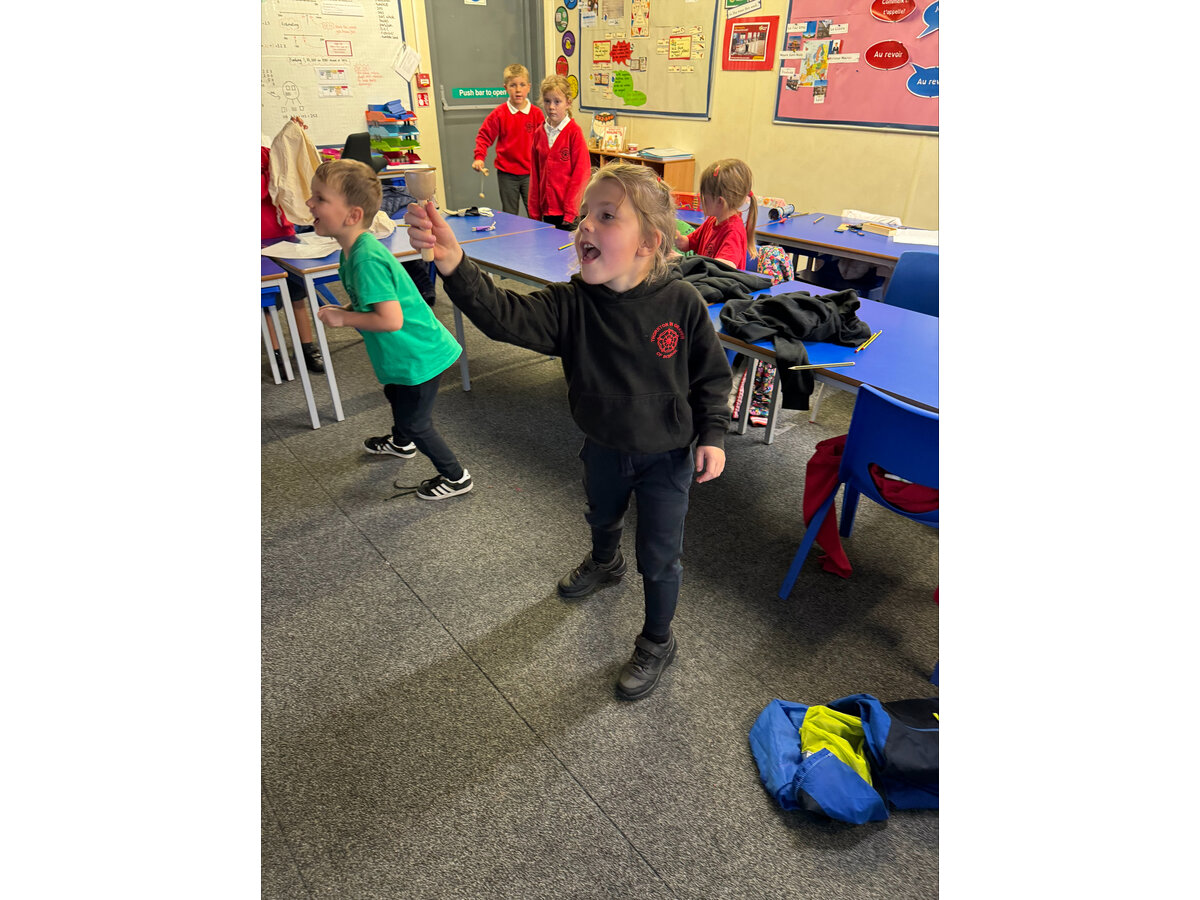
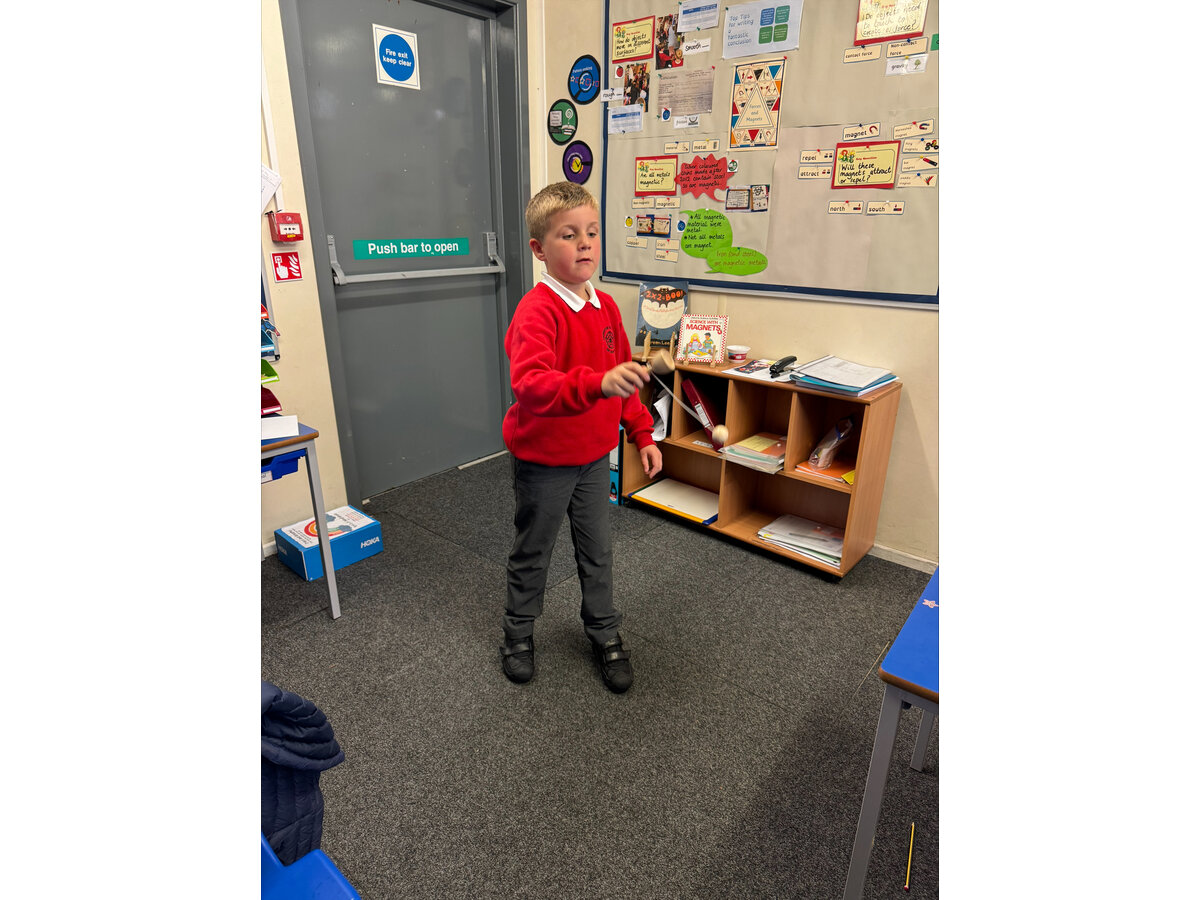
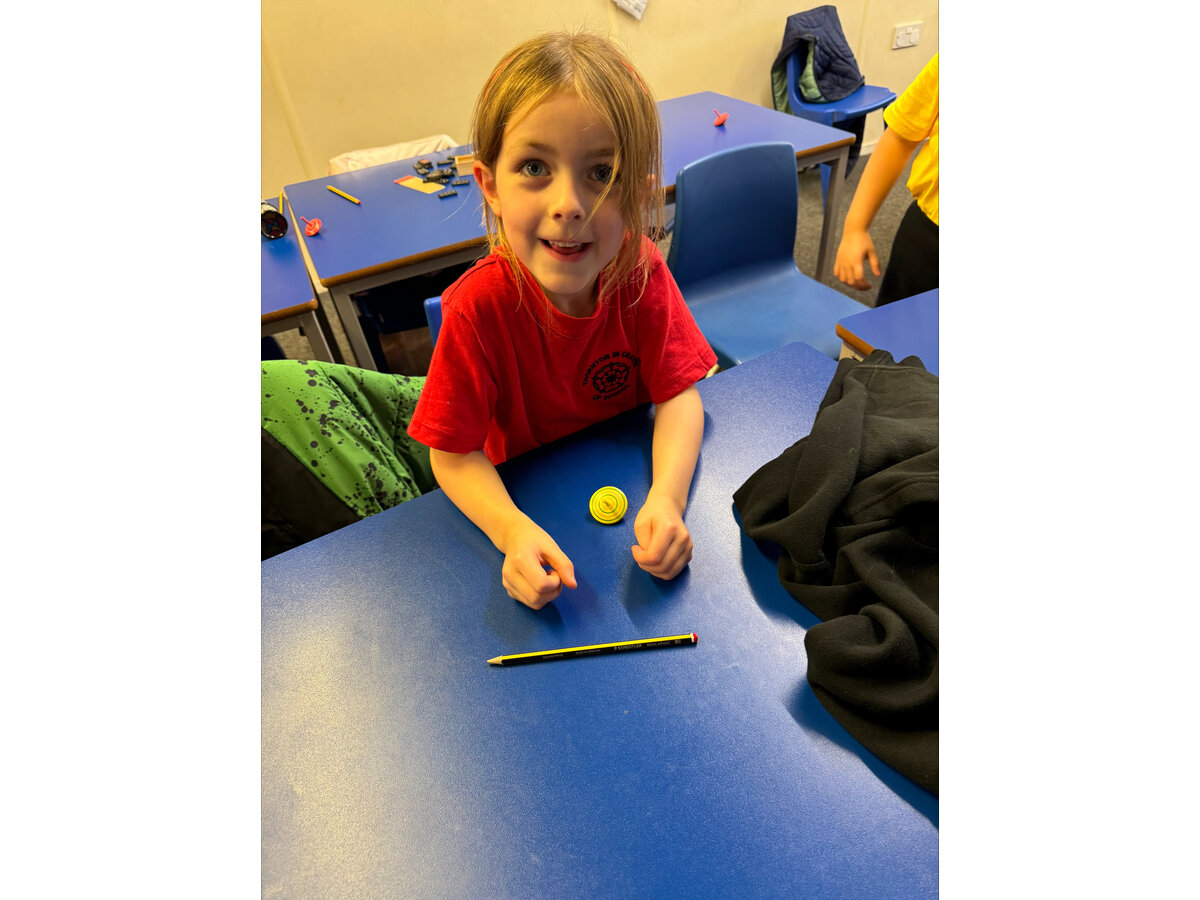
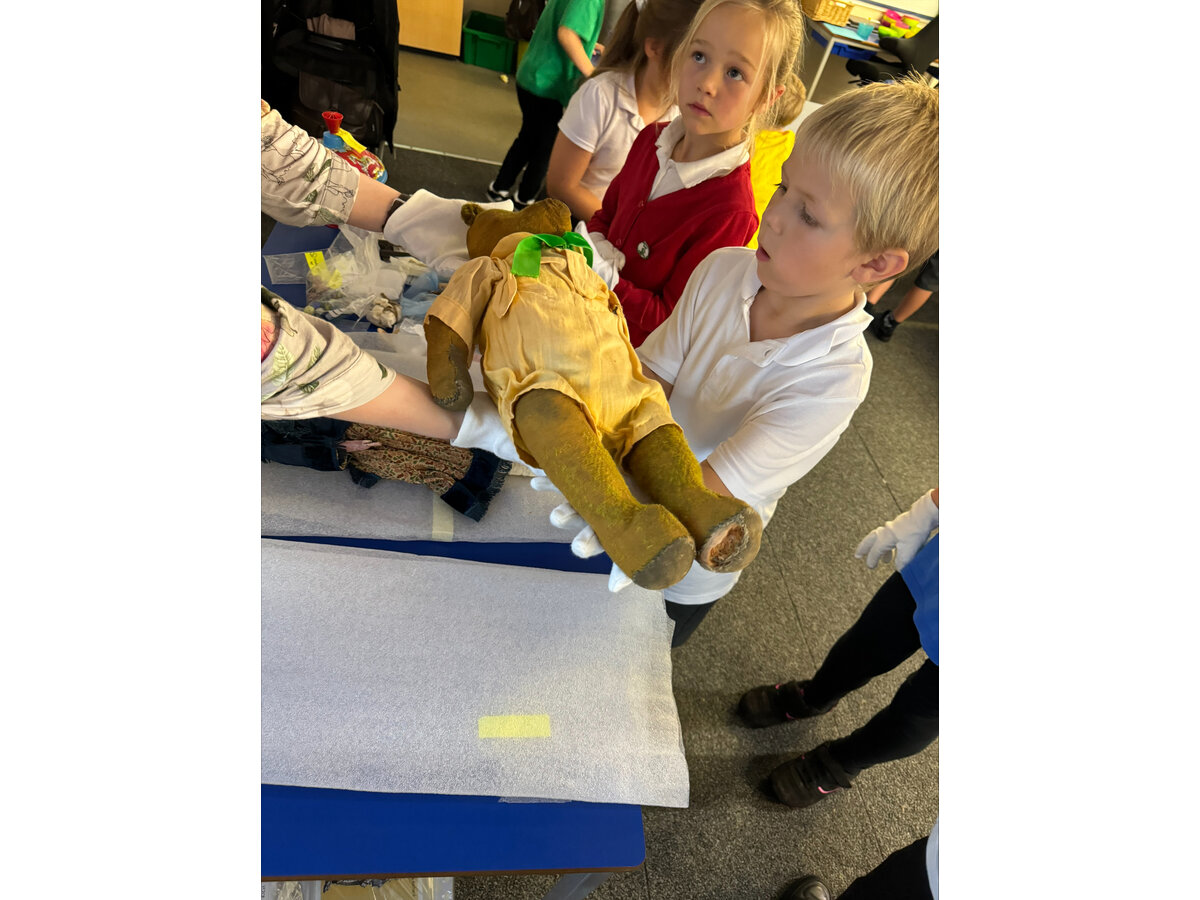
.jpeg)
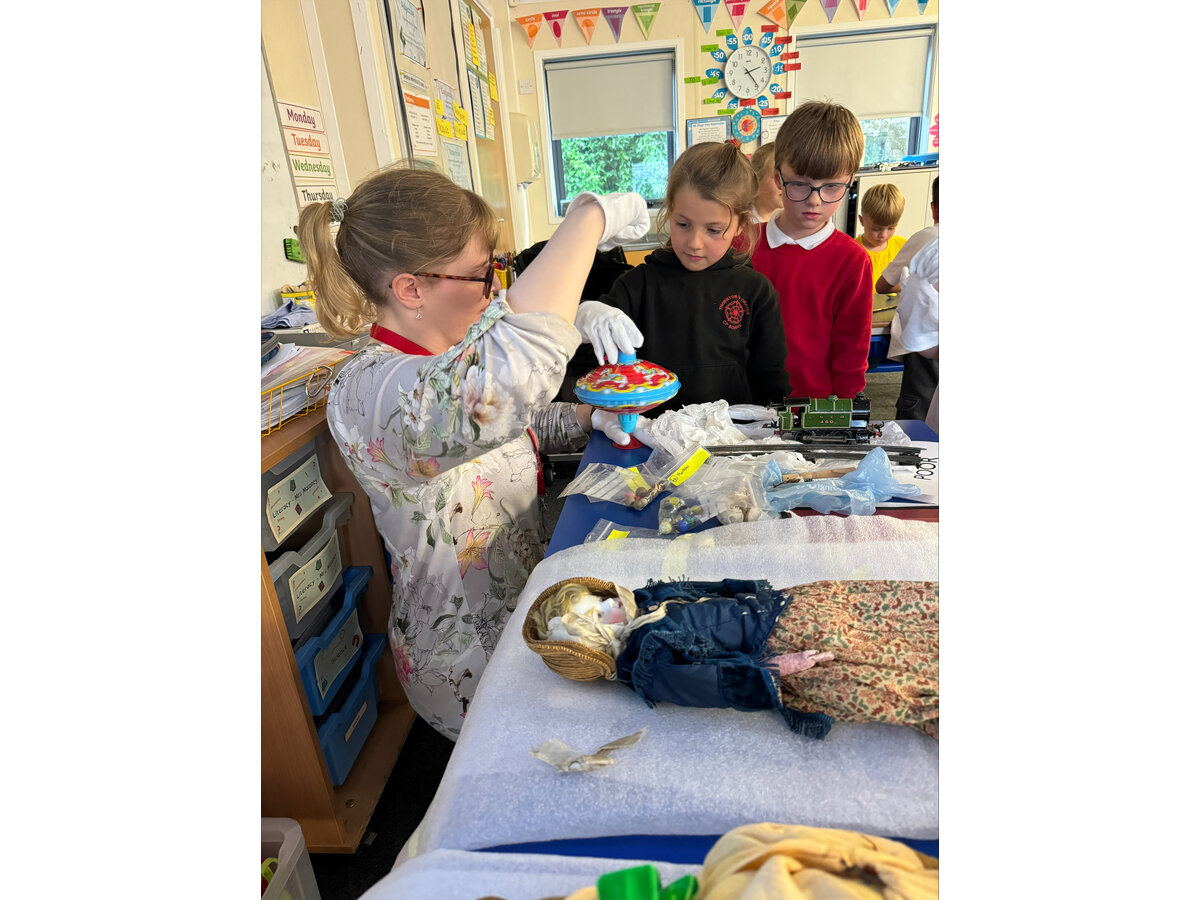
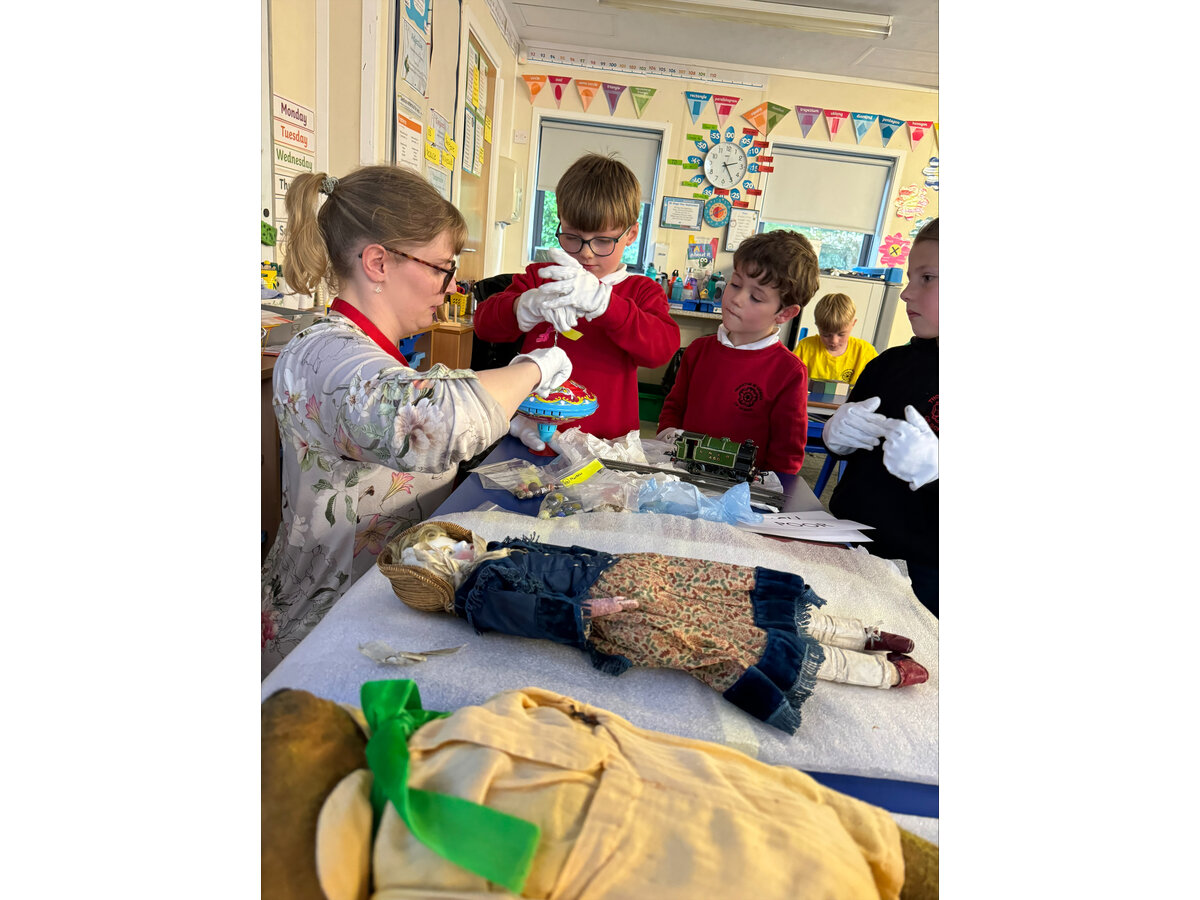
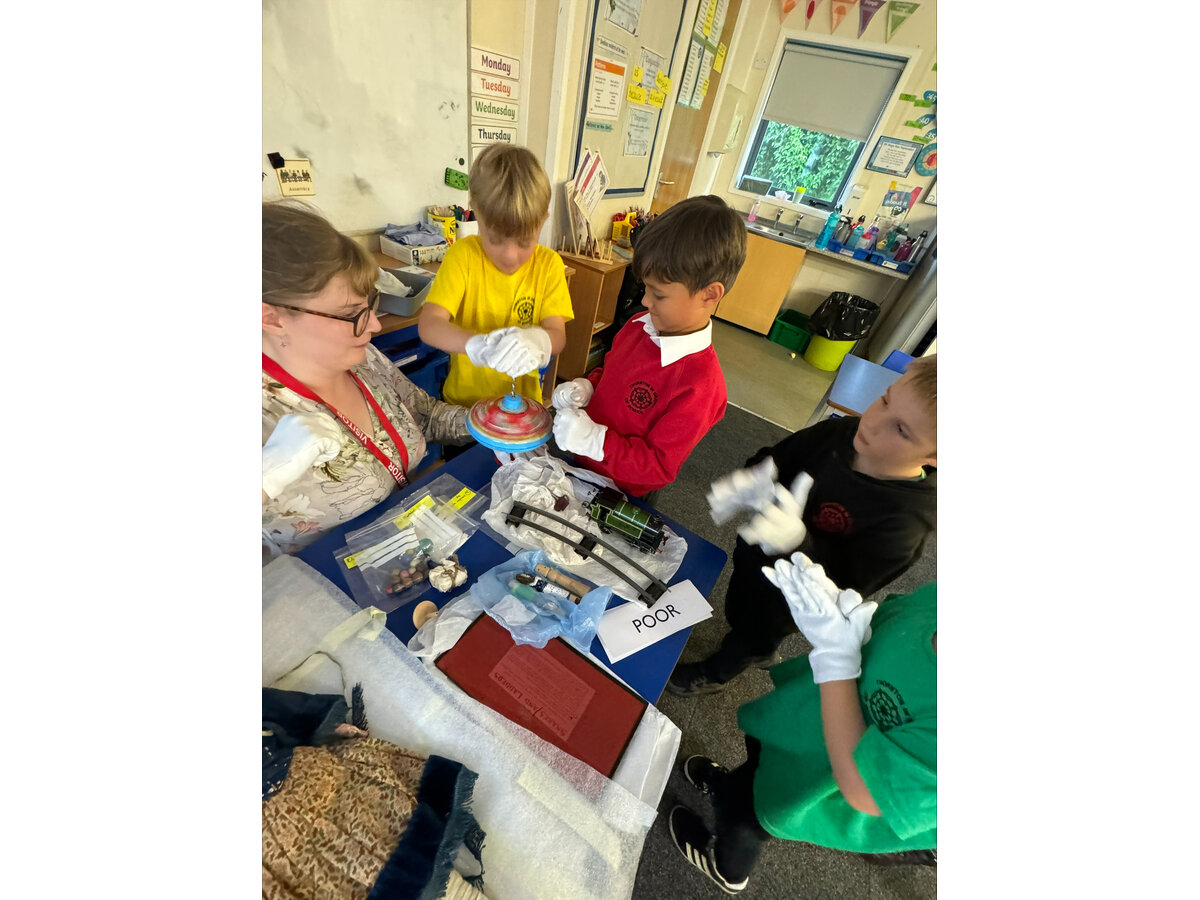
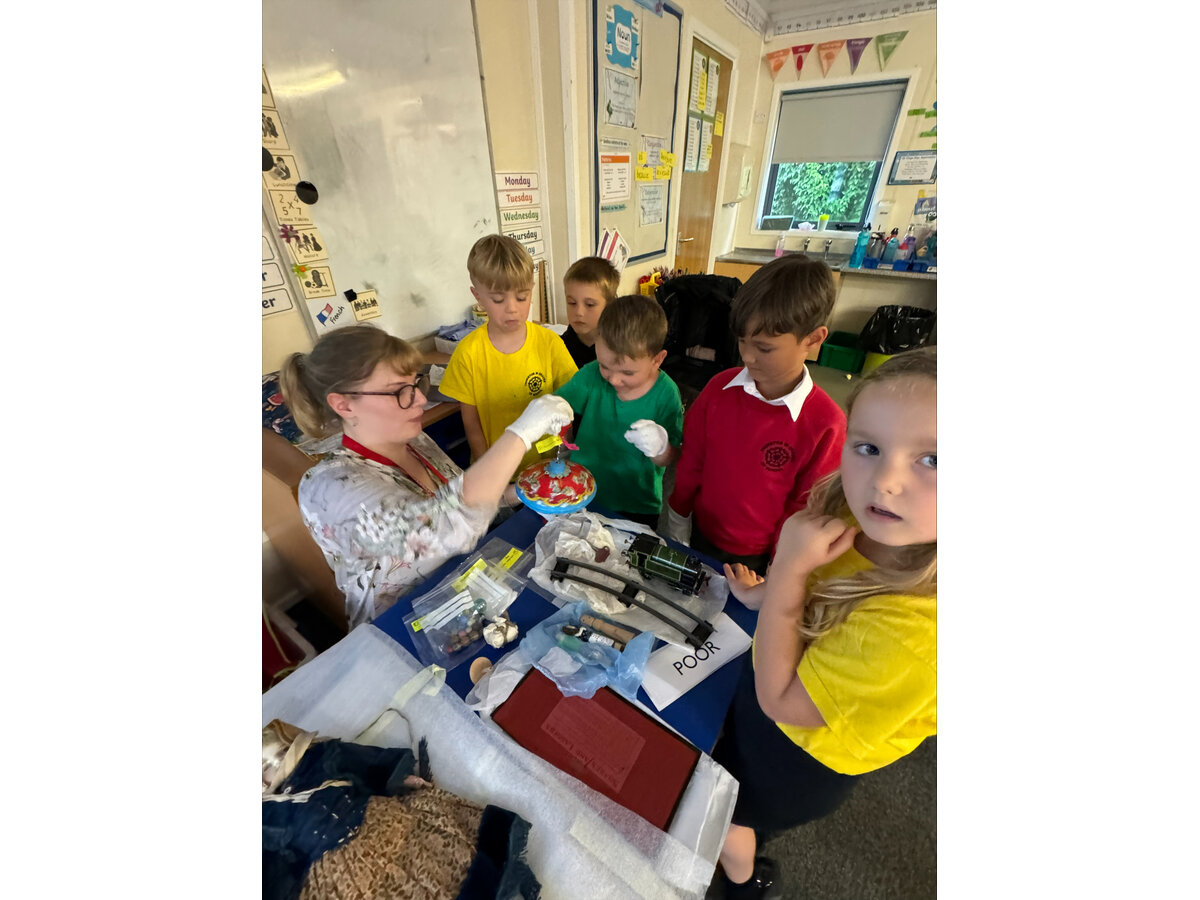
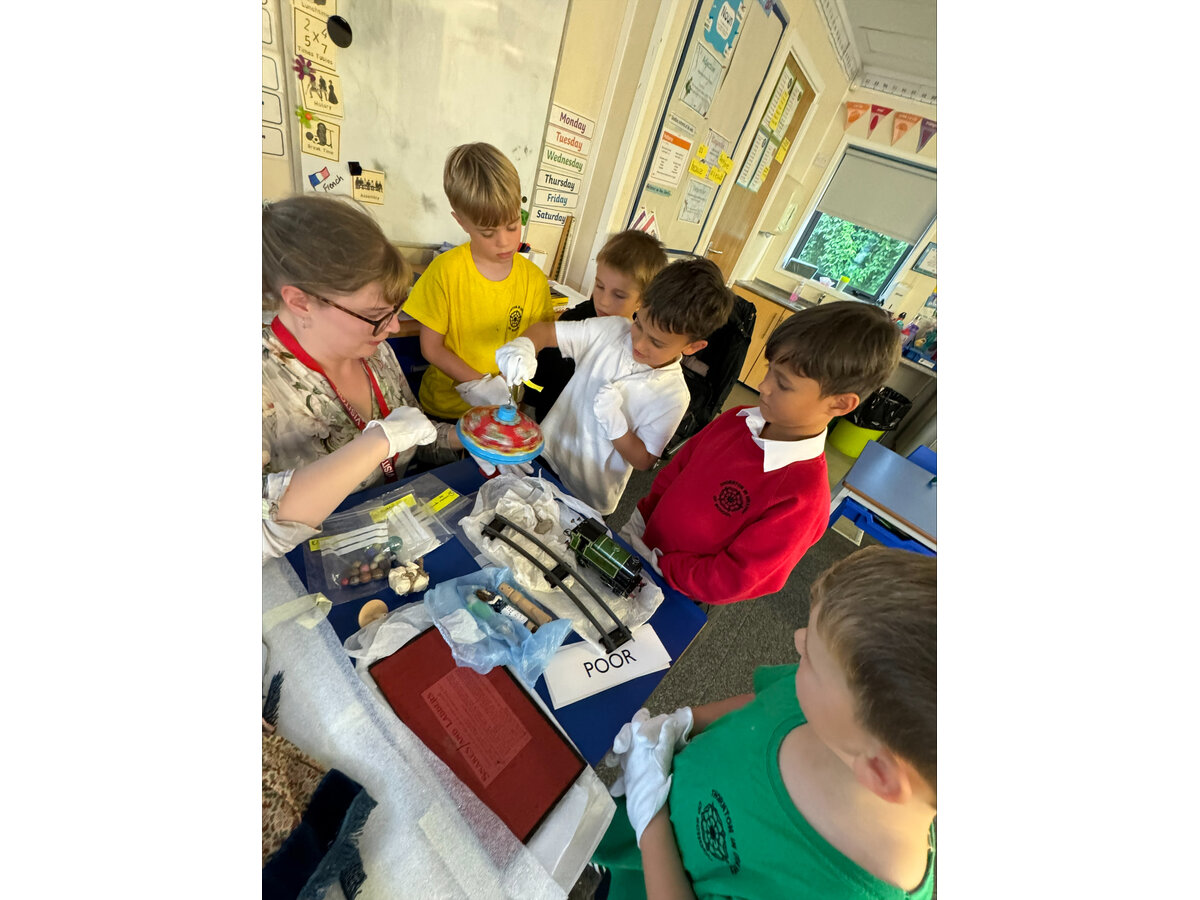
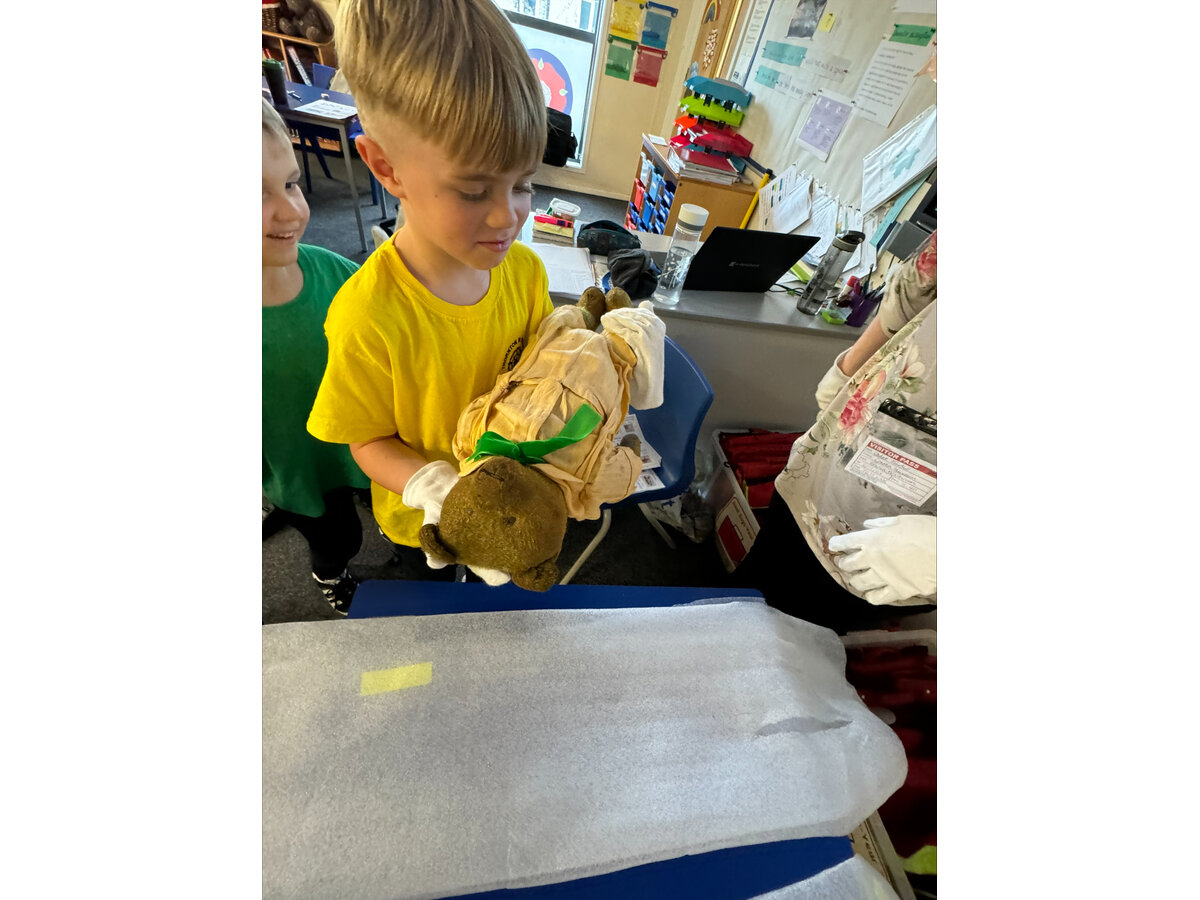
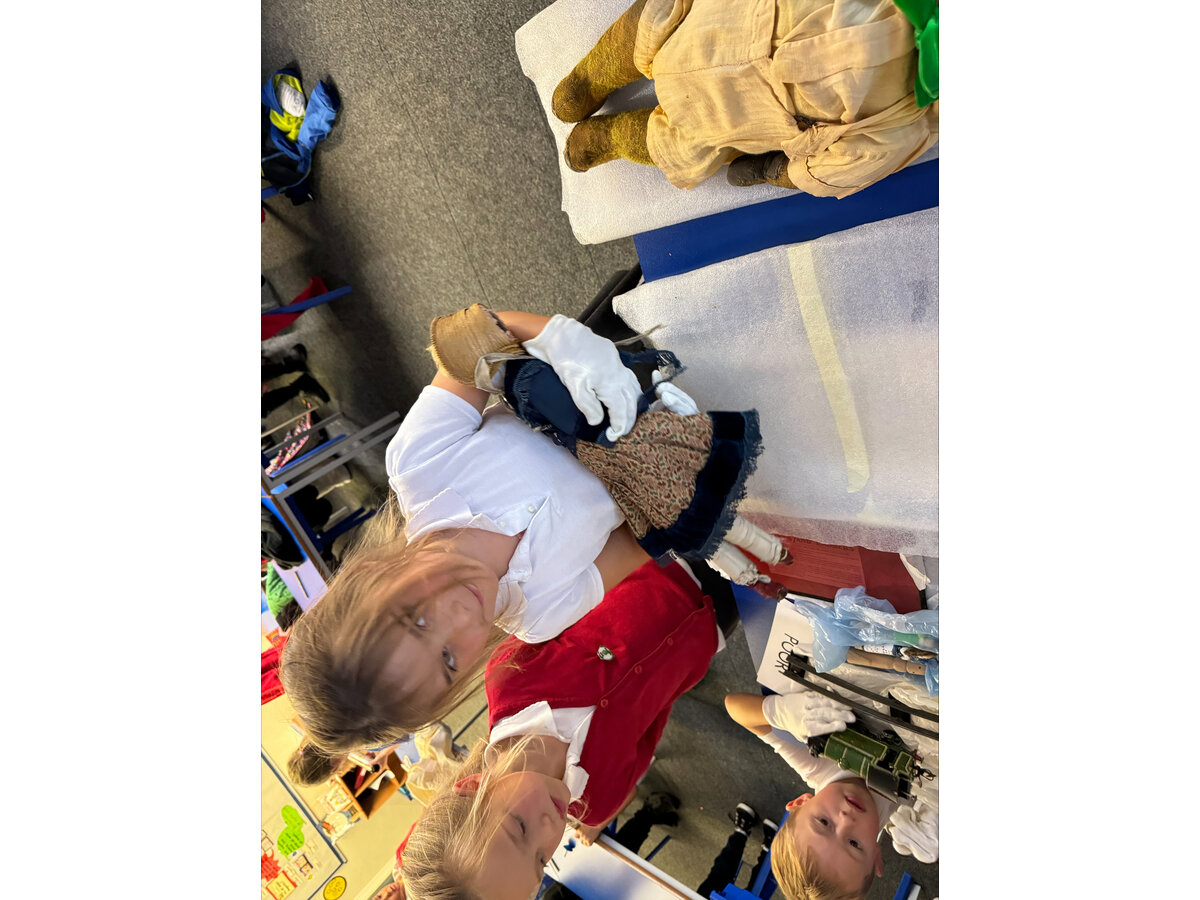
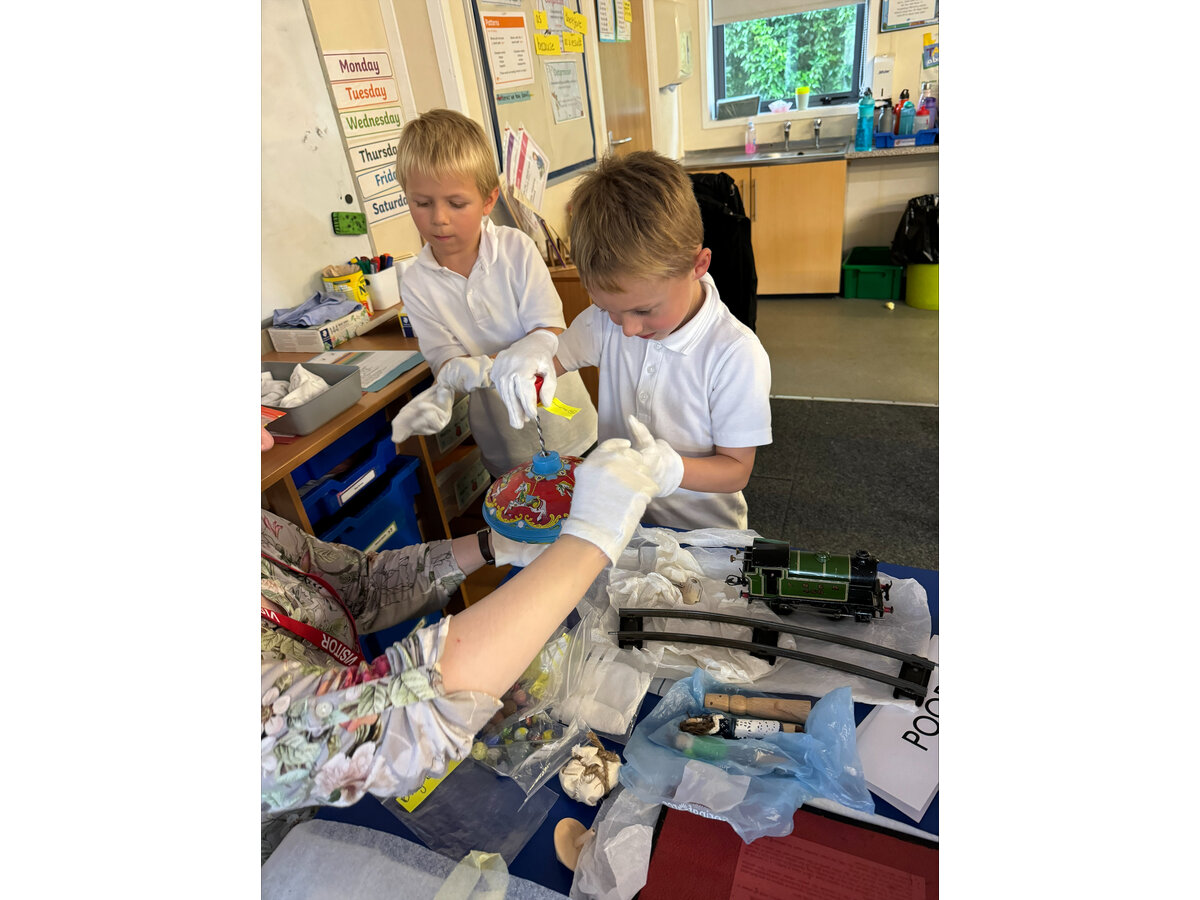
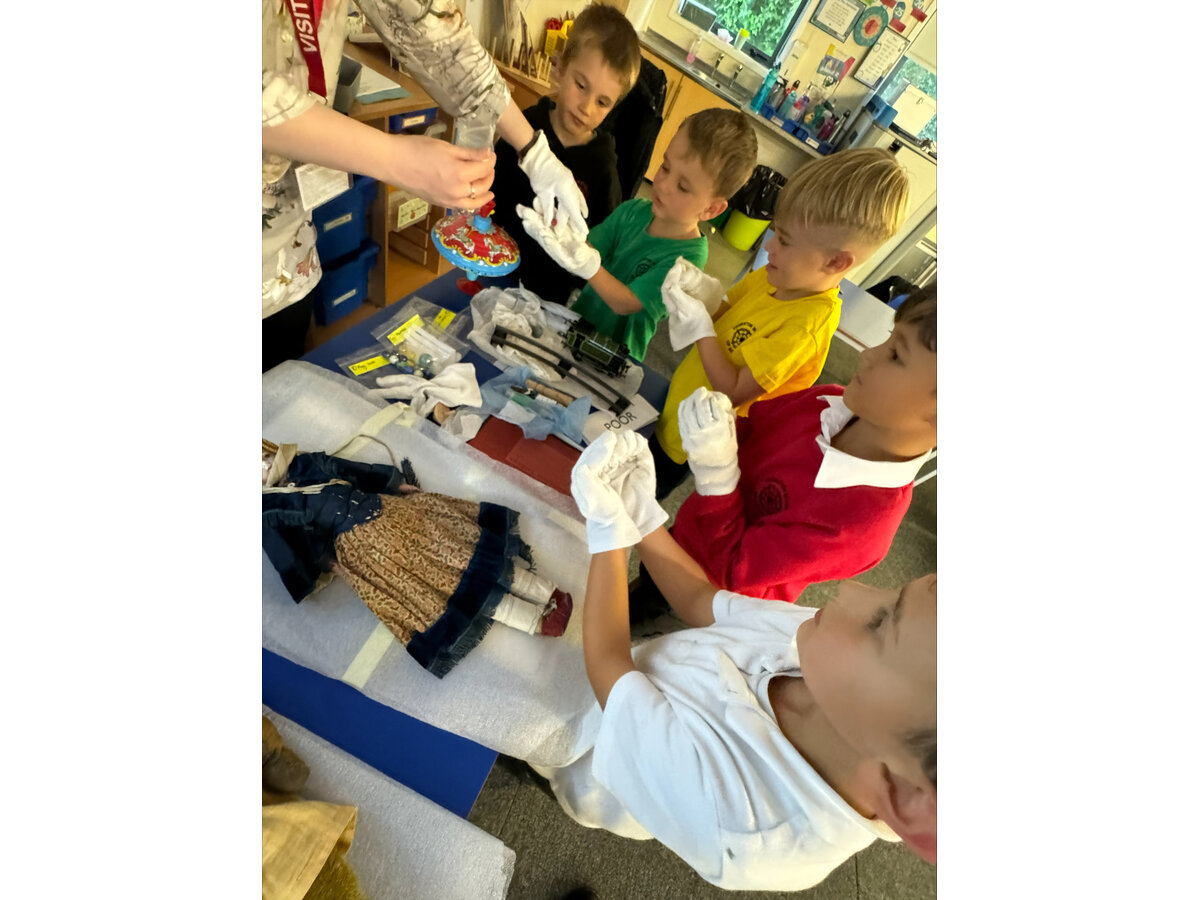
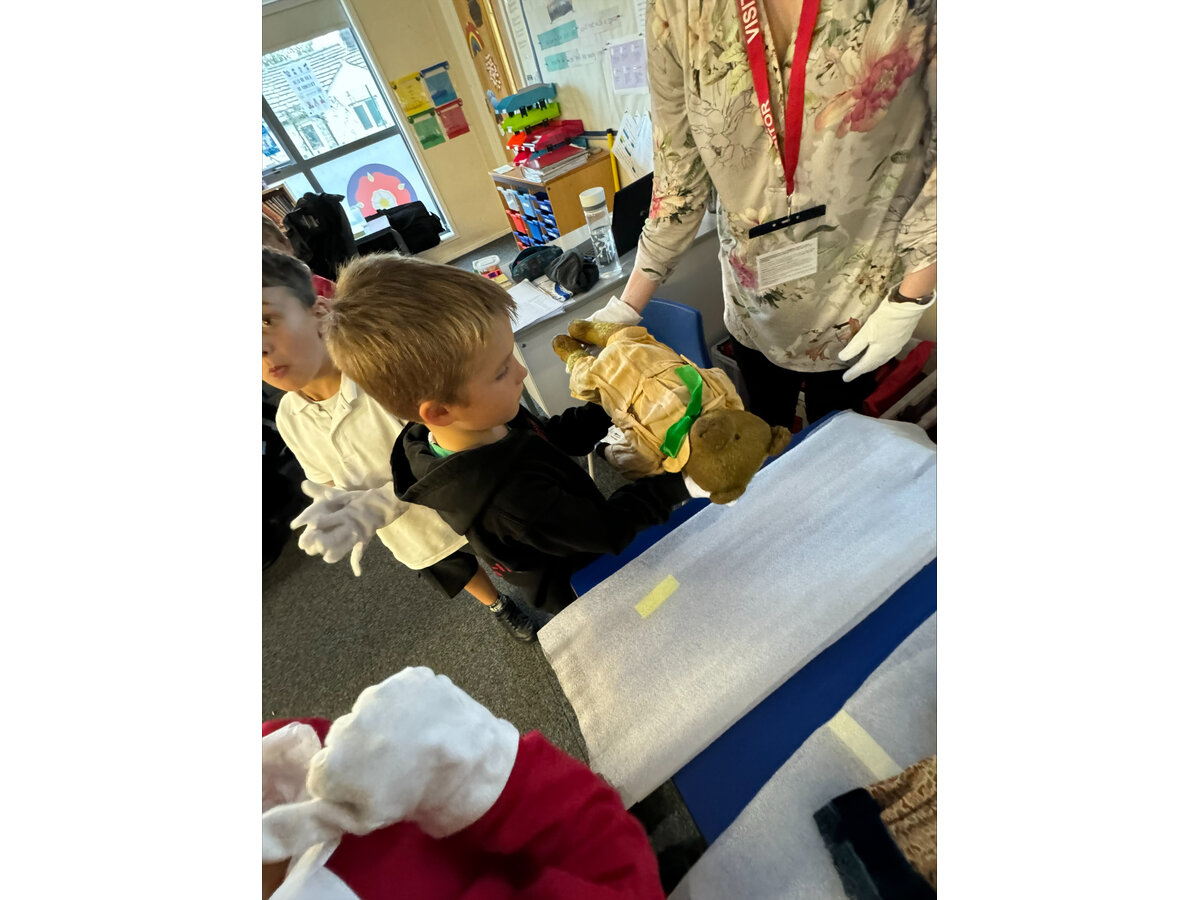
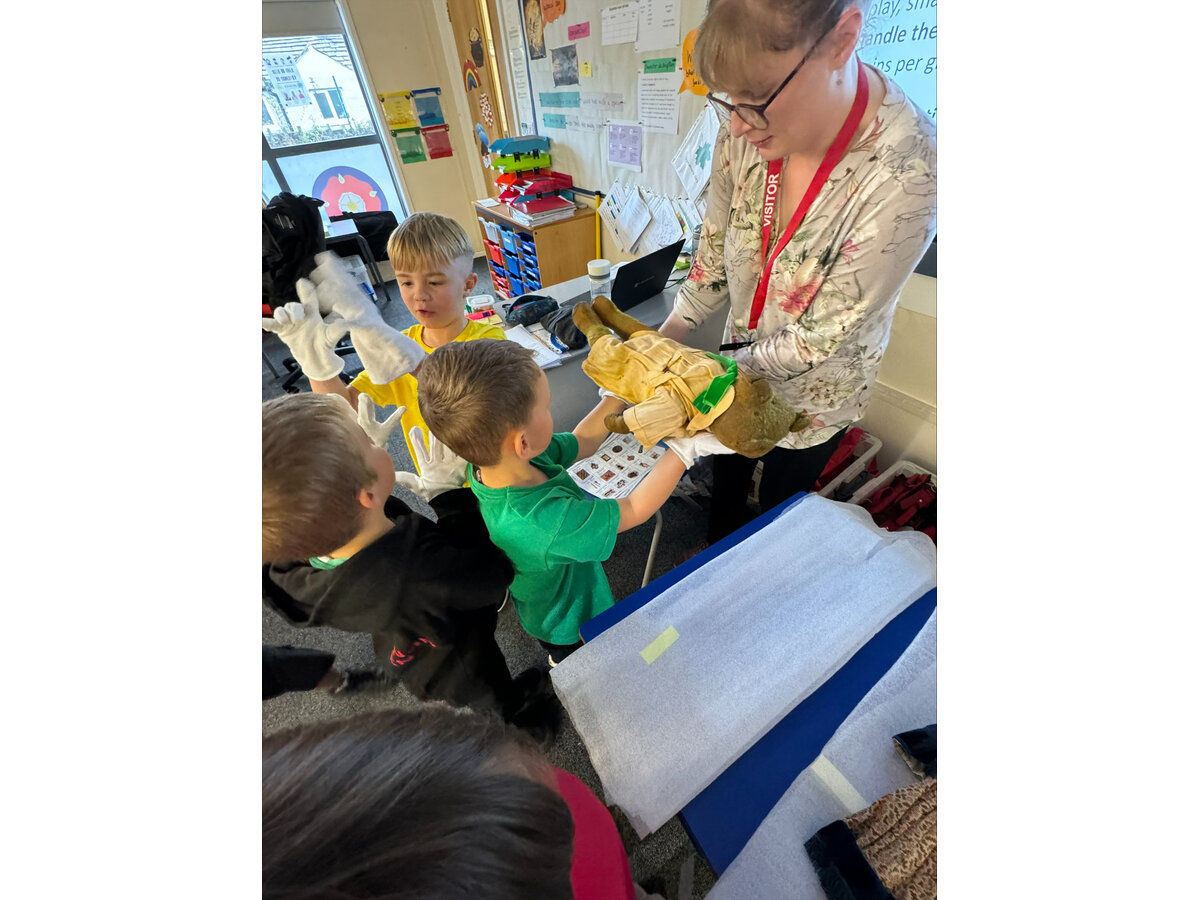
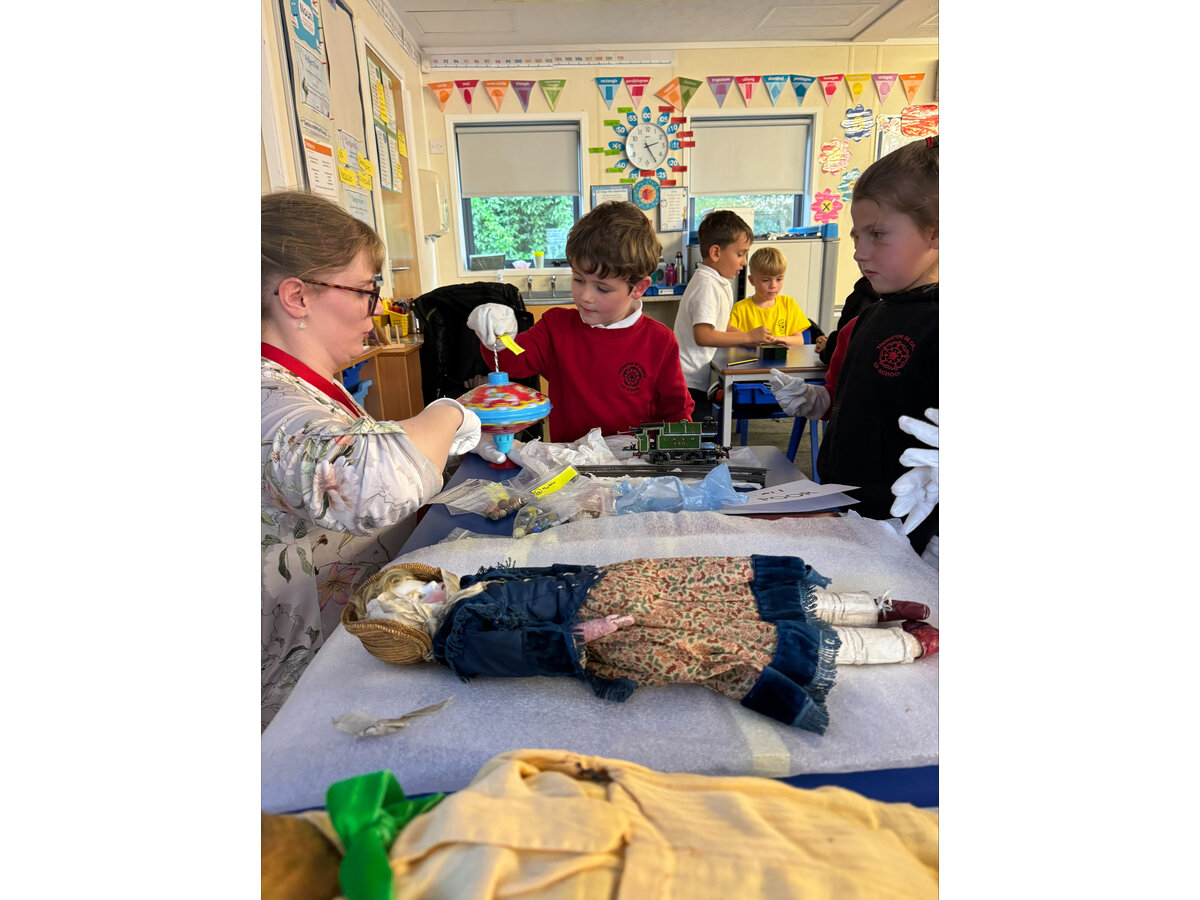
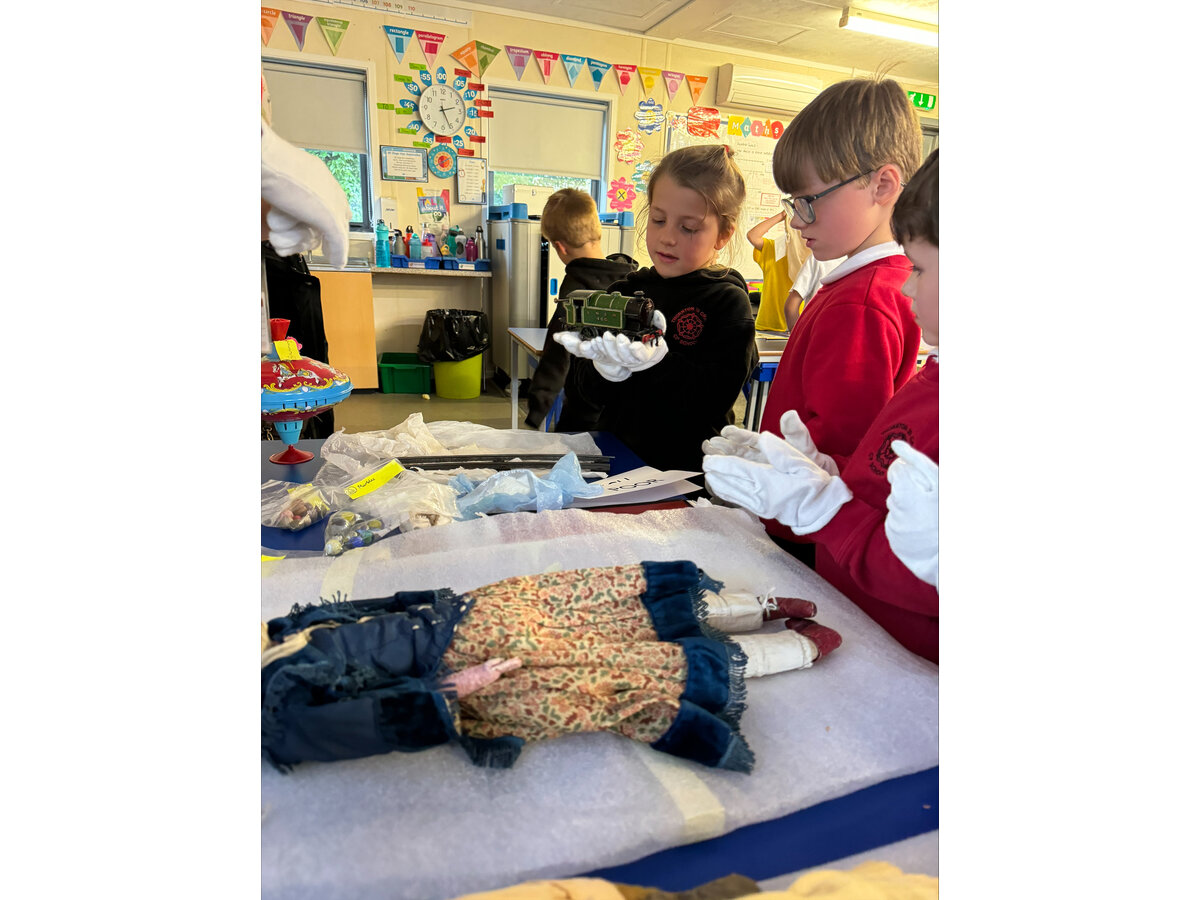
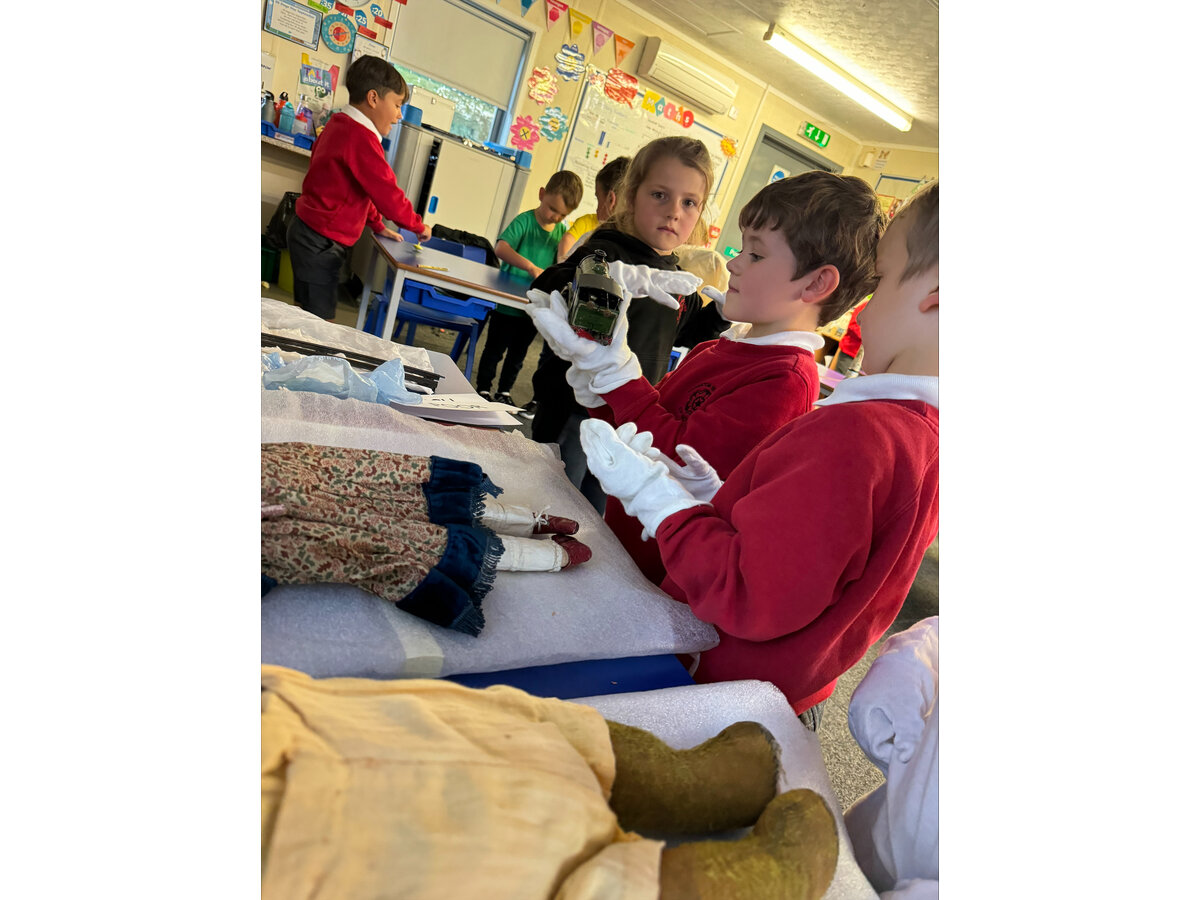
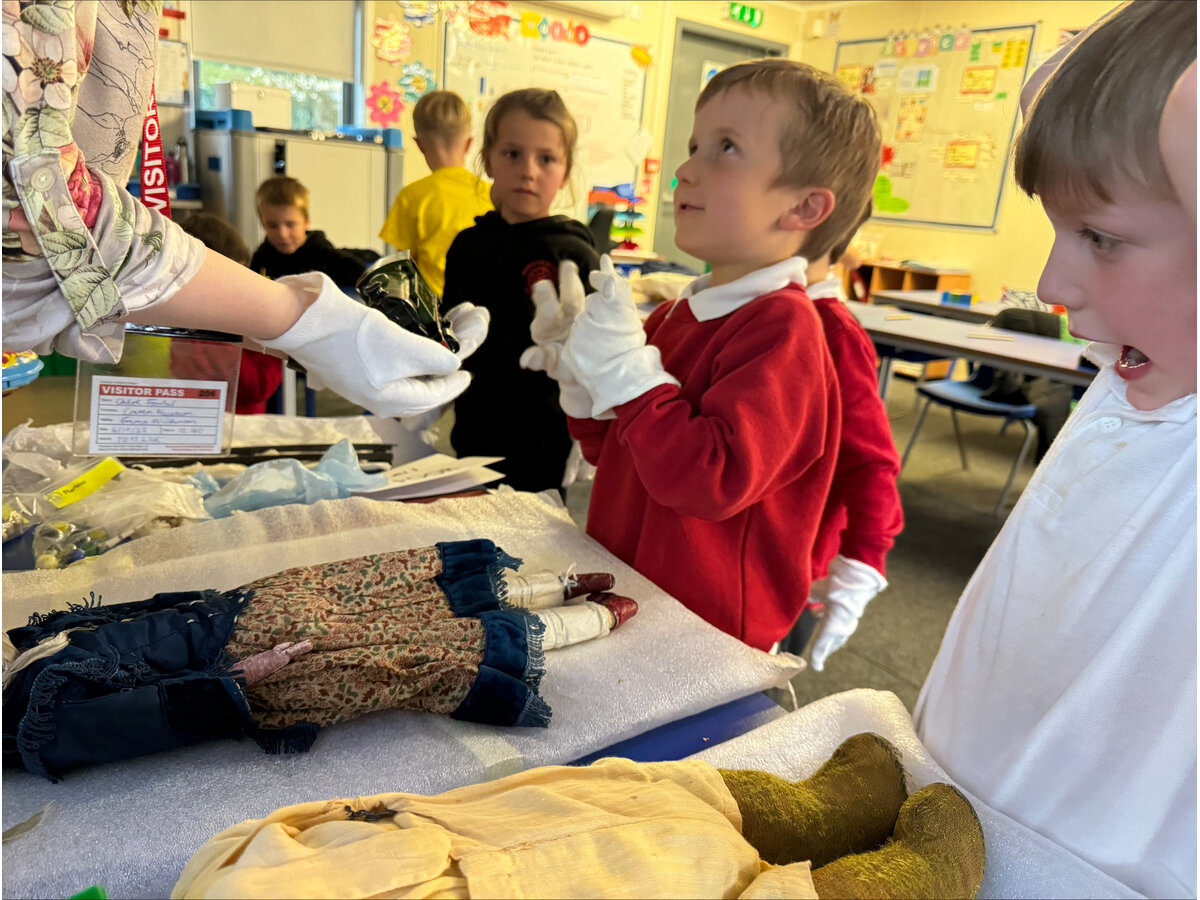
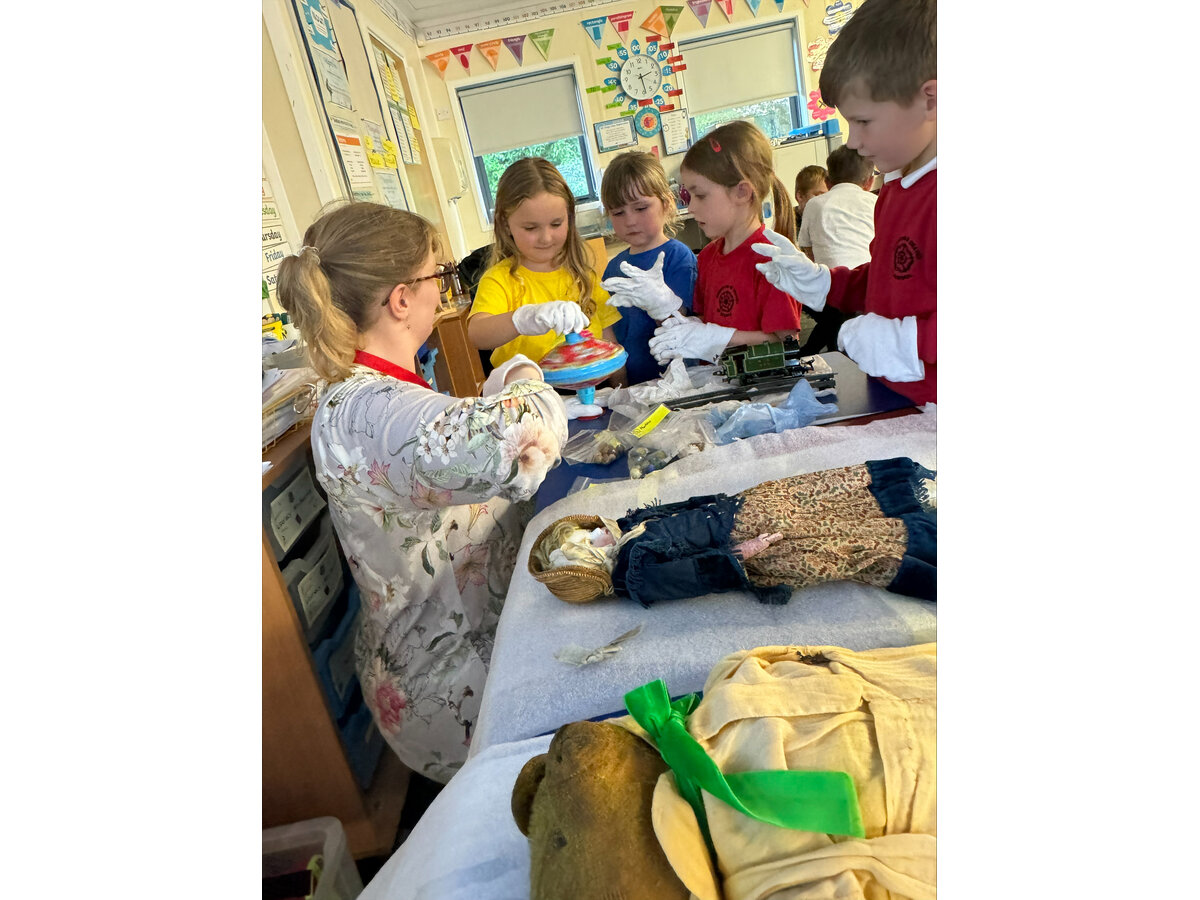
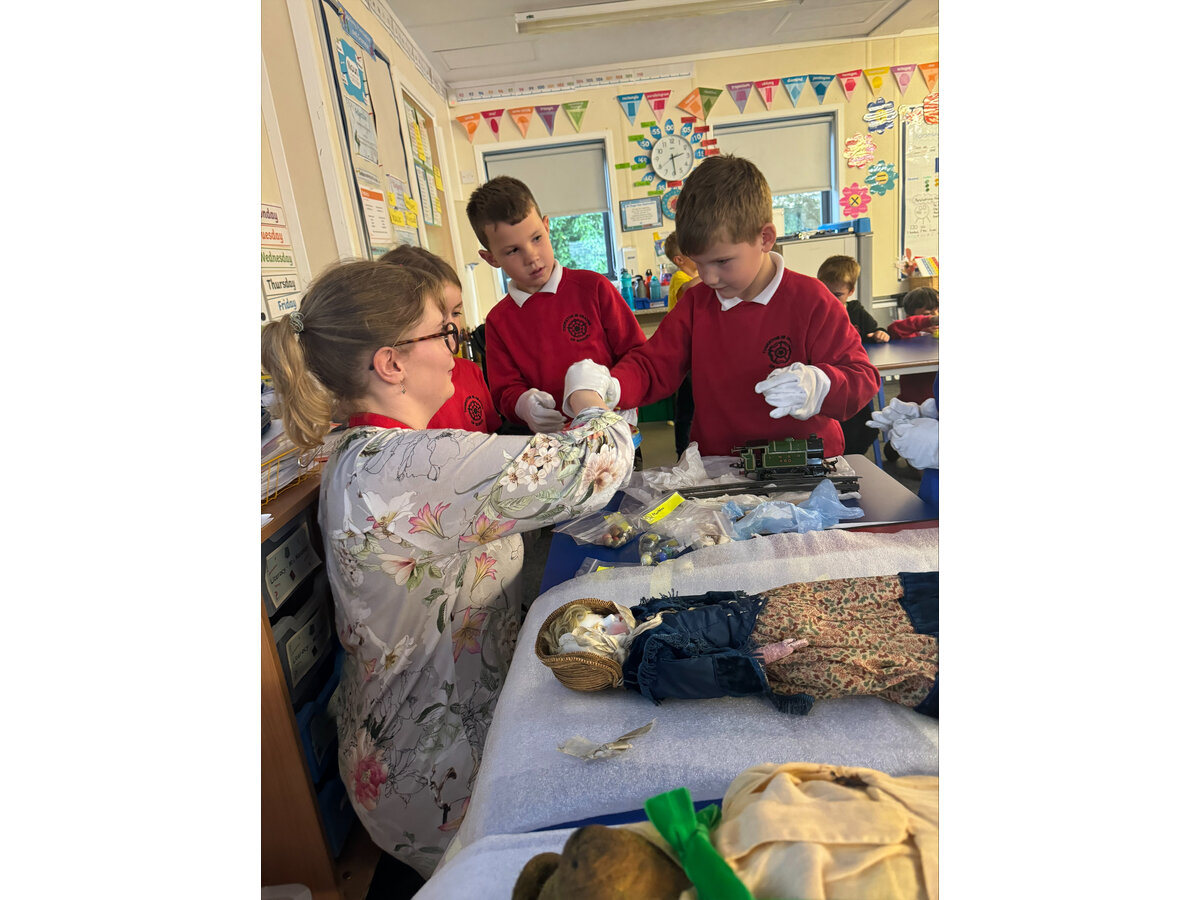
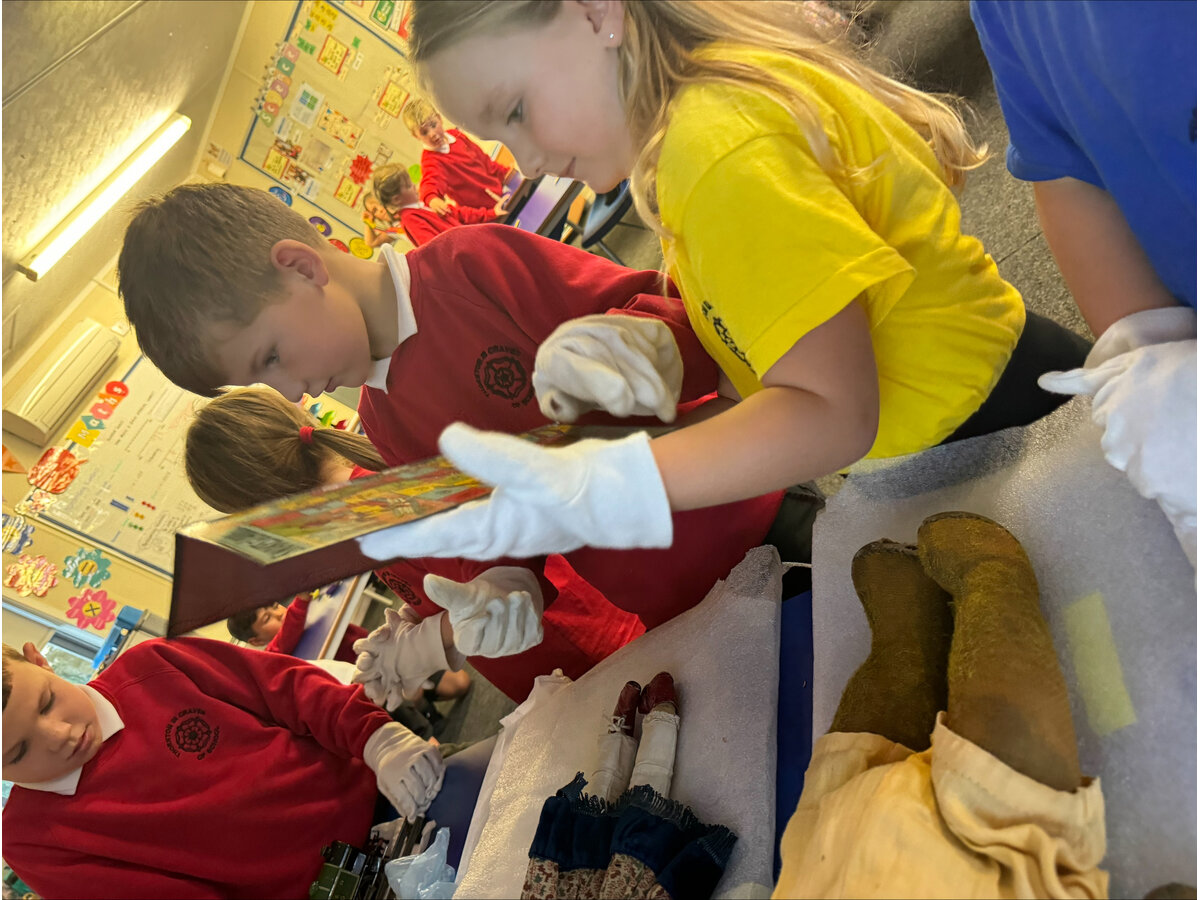
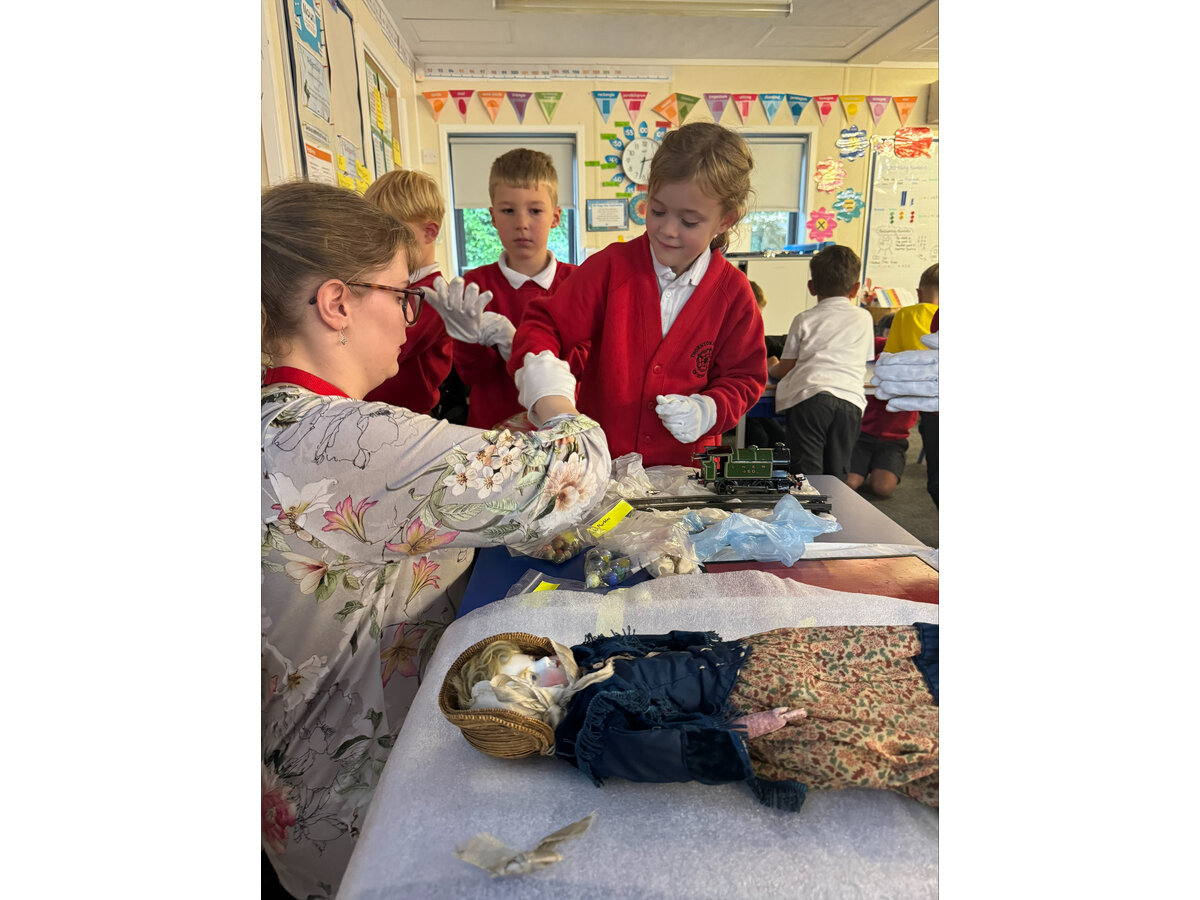
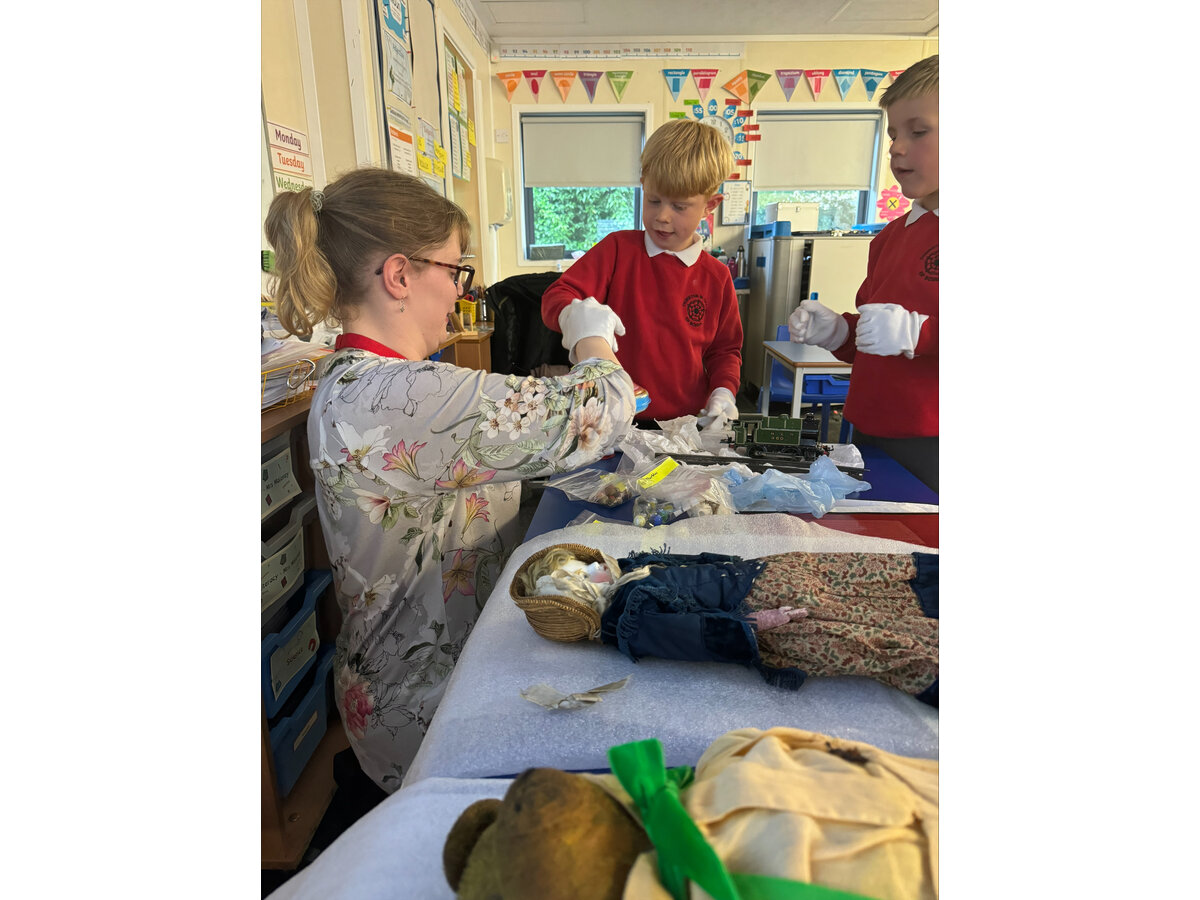
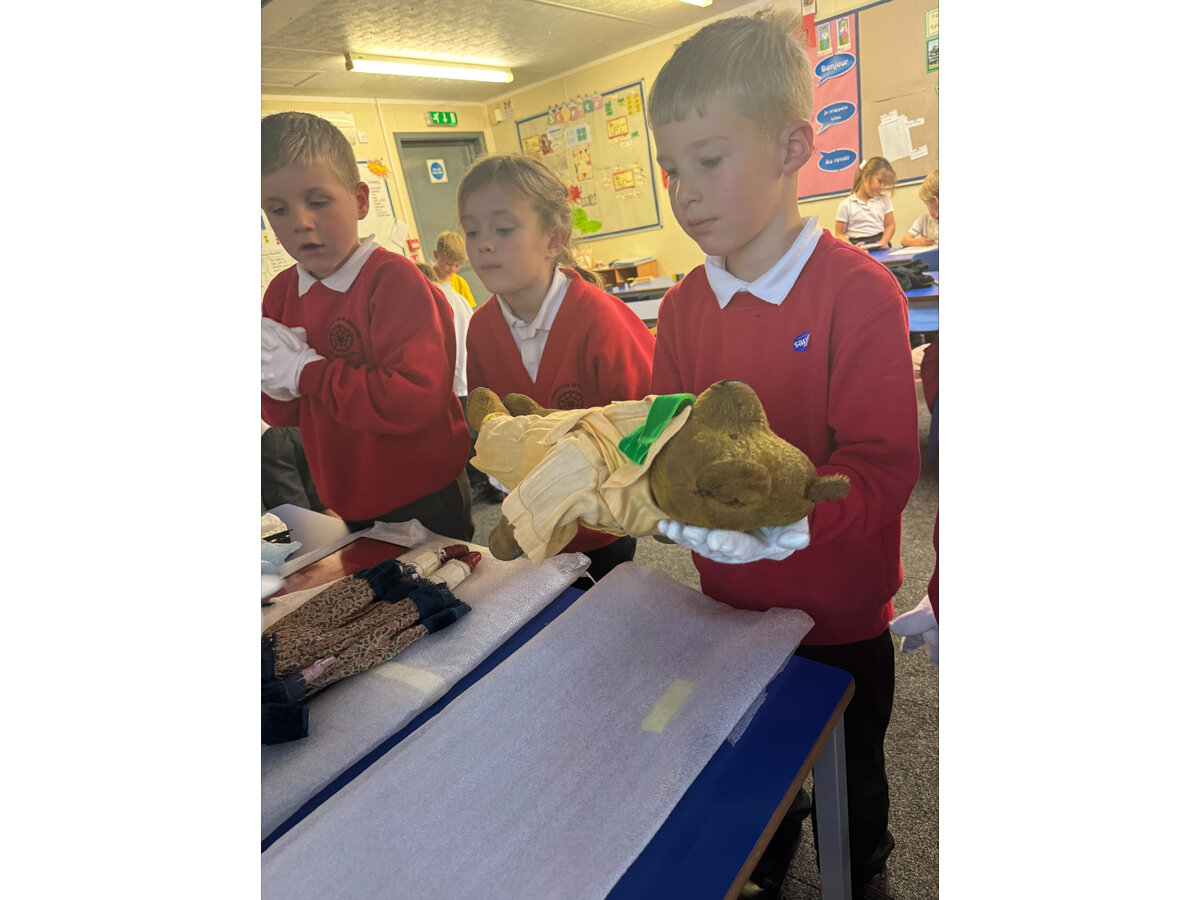
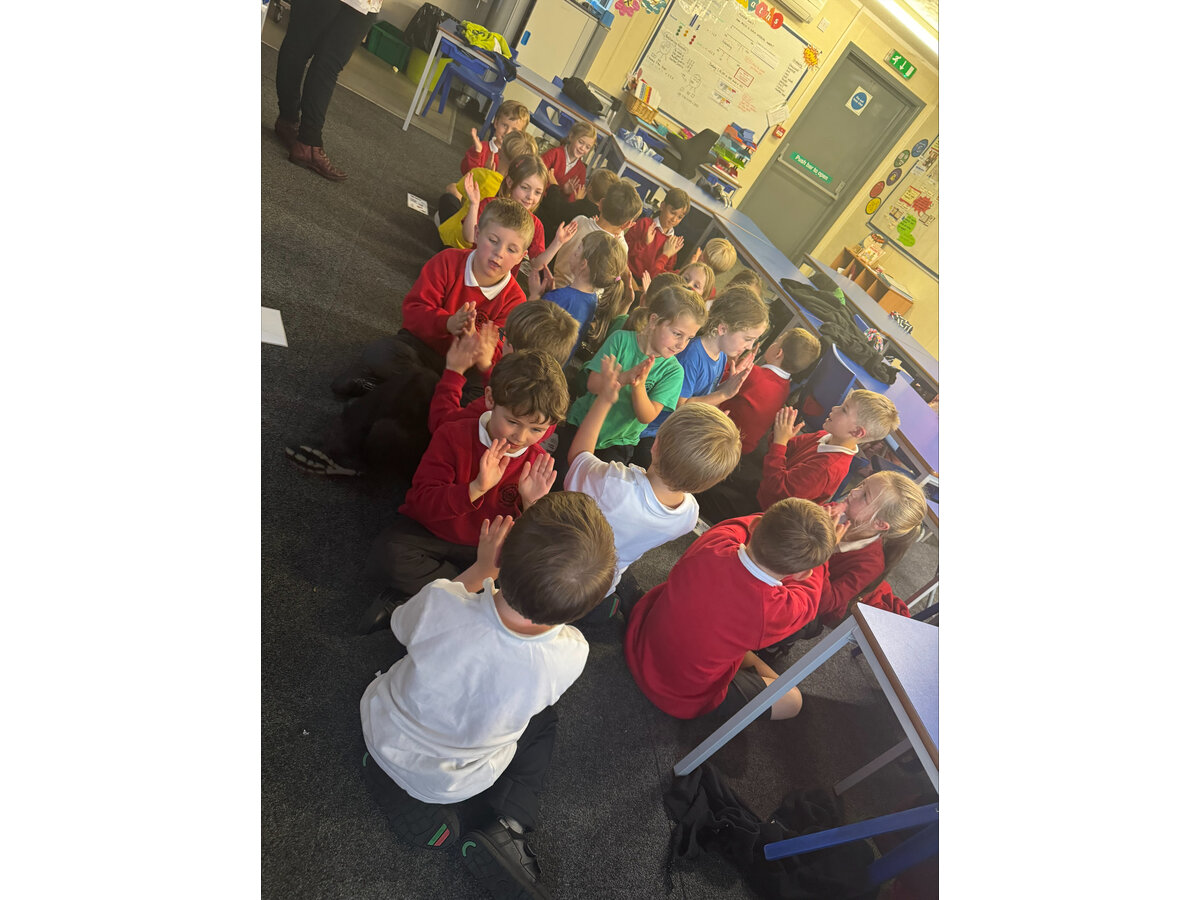
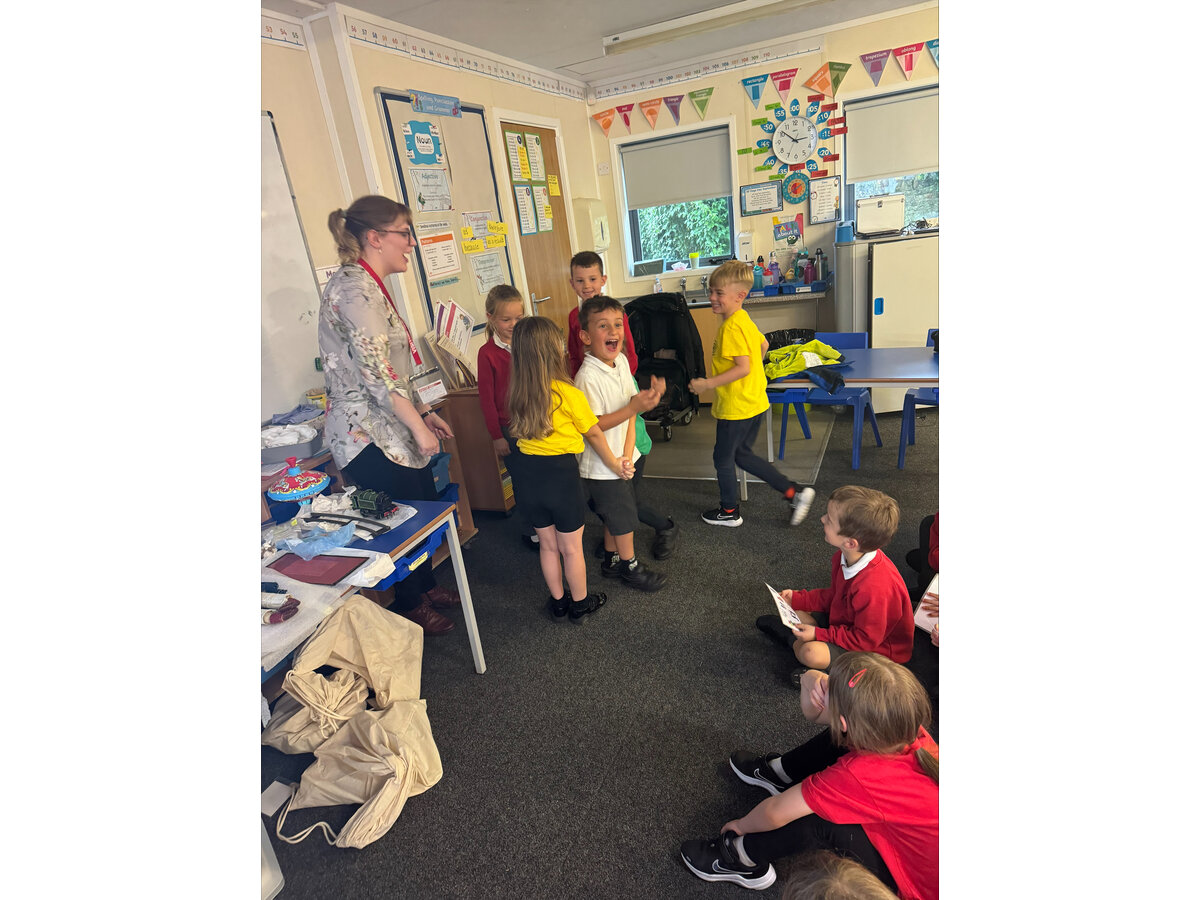
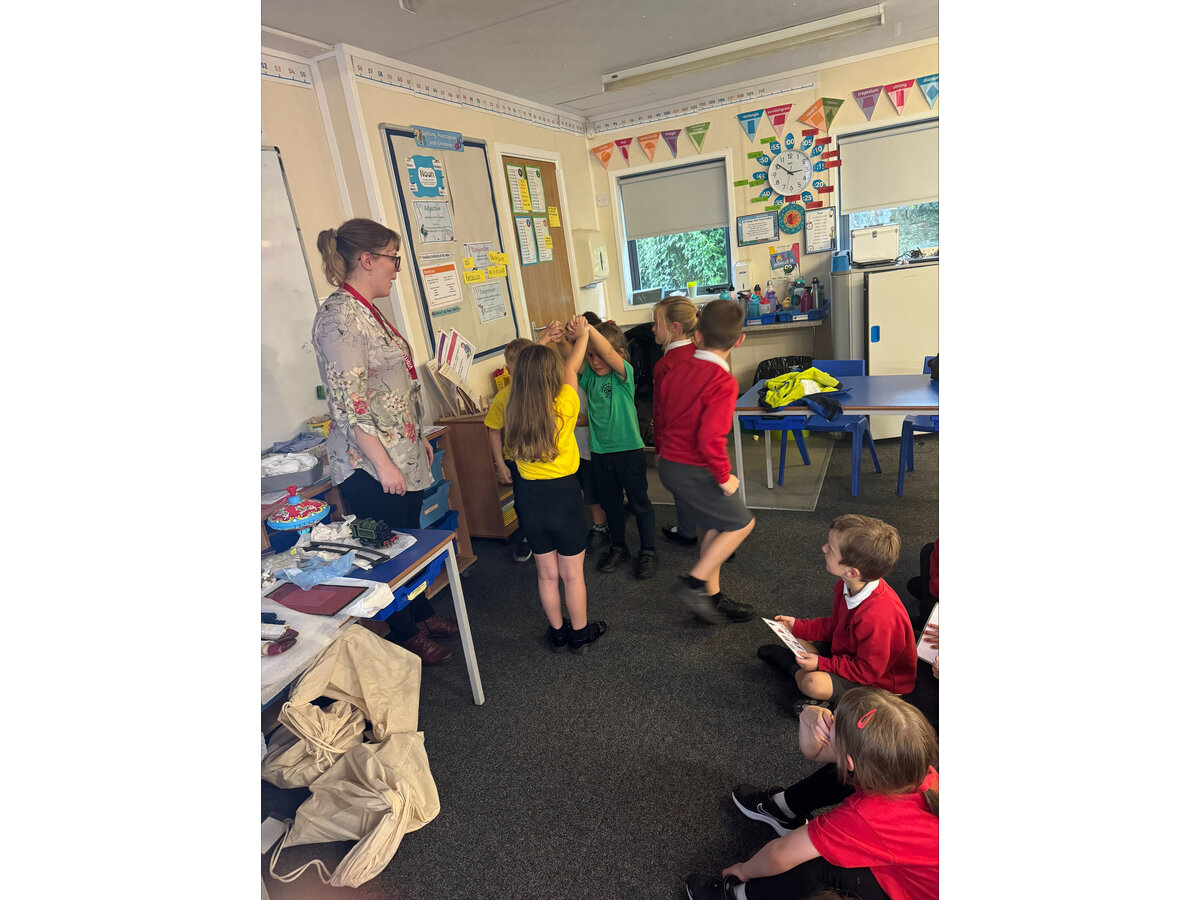
.png)
.jpg)
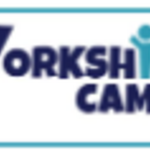





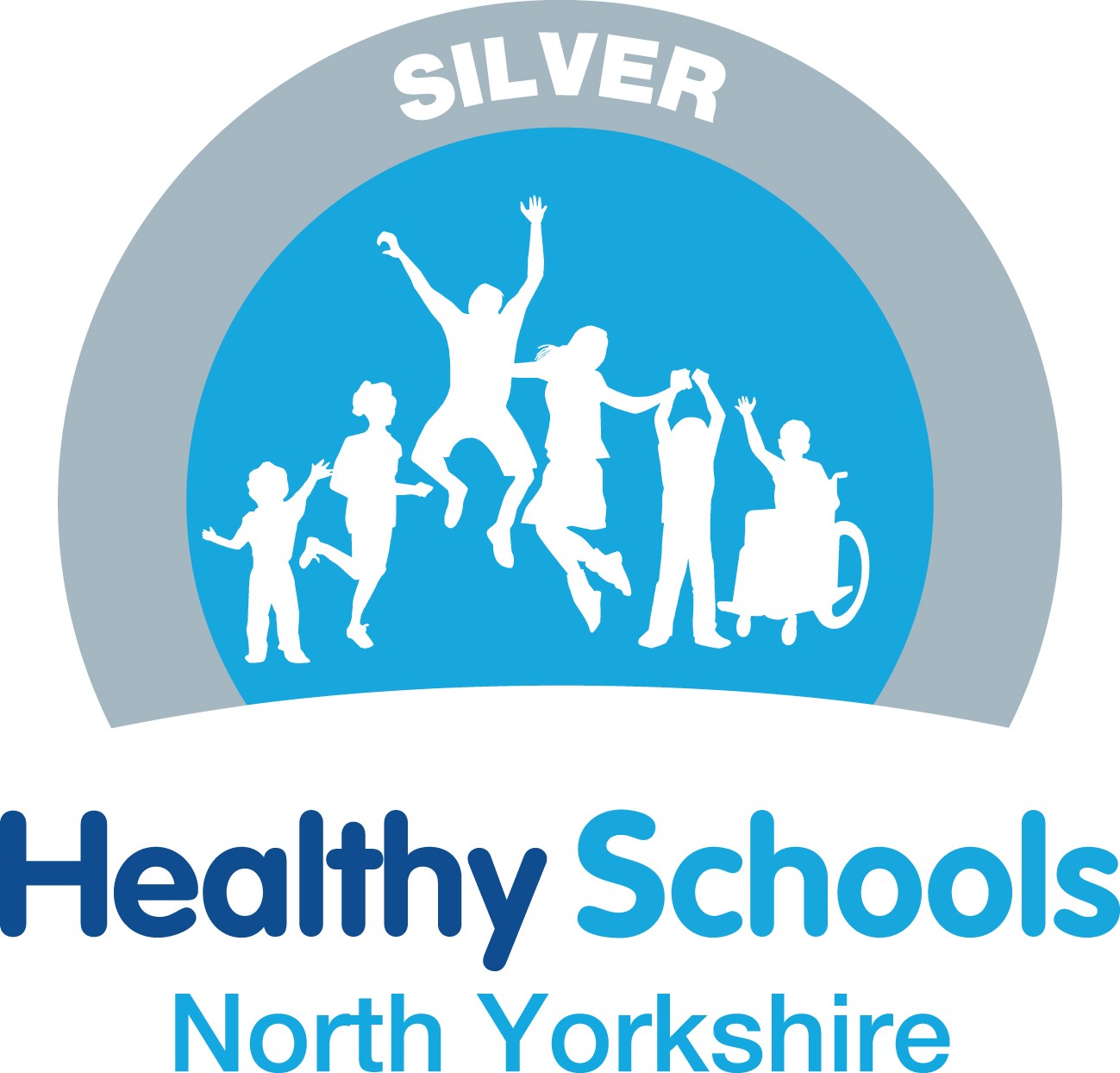
.png)
